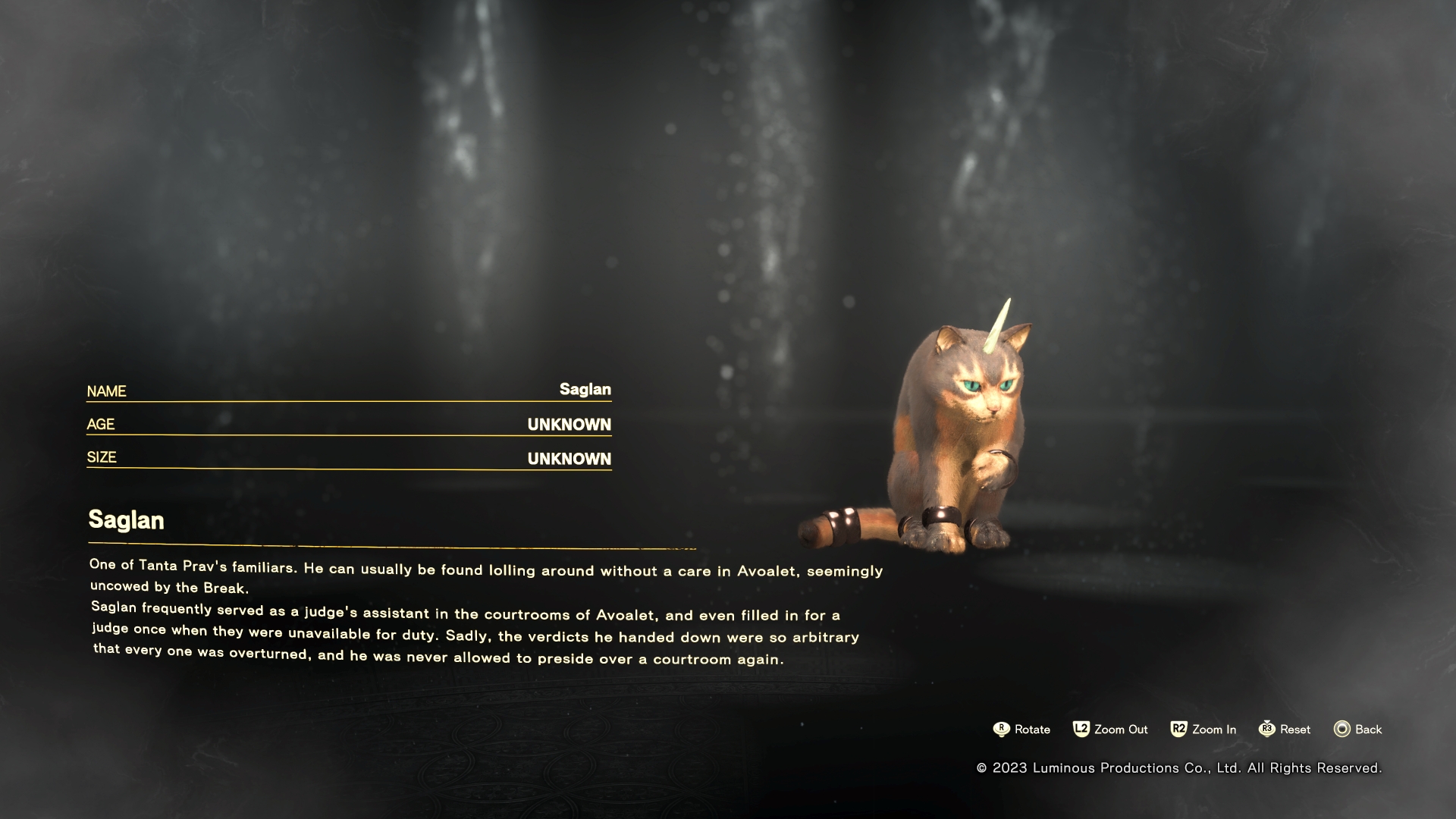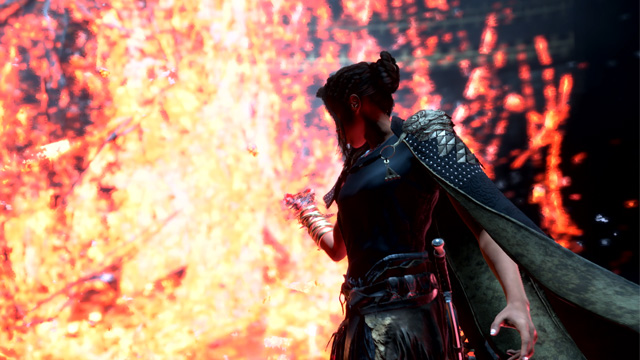After being delayed not once but twice, Forspoken is finally on the cusp of its January 24th release date. We’ve spent the past week or so magically parkouring all over the lands of Athia, and battled hundreds of zombie-like enemies and corrupted Tantas to render our verdict. Have the delays proved fruitful, or did Luminous Productions still need more time for its debut game?
Oh girl just wants to… go home

Forspoken begins its story in a New York courtroom, with an awkwardly handled set-up to its story that pitches orphan protagonist Alfre “Frey” Holland as a small-time criminal with a lengthy rap sheet. This courtroom drama opening is both dull and misguided, with Frey’s early characterization being quite tone-deaf in the current climate, and not helped by jarring dialogue that contrasts its story of gang violence with cringeworthy MCU-esque humor. Fortunately, things pick up with both Frey and the story in general after she finds a sentient golden bracelet named Cuff, who inexplicably thrust her into a whole new world, Athia.
This once-beautiful and peaceful world is ruled by four Tantas, or goddesses, who have become corrupted with something called the Break, a miasma that infects anything organic that it touches, in extreme cases killing them outright. Anything but Frey, that is, who seems to be immune to its effects in most cases.
This sets Frey up with one main goal: returning home. Why exactly she wants to return to a life that she was so headstrong about leaving behind is a bit confounding, as the game itself points out many times. But the voice acting is excellent, even if the dialogue is notably ropey, though Frey is destined to divide opinion as a protagonist. She’s a 21-year-old who swears a lot, doesn’t want to be bothered by other people’s problems, and has quite clearly had enough of everyone’s bullshit.
Storytelling is not one of Forspoken’s strong points, and this is best evidenced by this blasé introduction, but the lore that can be found throughout the land of Athia fares better, as there are many stories of love, loss, rebuilding, and more to be found in various notes and mementos found during Frey’s travels. Athia is divided into several states, and those states are further divided into (former) villages and towns. The map is huge, but not overwhelmingly so, and easy to navigate. Zooming in far enough on the map causes it to transform from an overhead view into an isometric one, like a miniature version that has much more detail about the geography and architecture.
A rough intro, but fun combat

Forspoken’s introduction may not set the tone well, but sticking with it through the first few chapters and getting to the open-world section is worth it. Much like most any open-world game released in the last few years, the entire map is open to the player upon clearing the introduction, complete with massive mini-boss enemies that can and will kill you in a hit or two.
There are all kinds of terrain to clamber over, though with Frey’s Flow mechanic of traversal, you can do so in a much more tightly-orchestrated way. Holding down the circle button turns on something of an autopilot mode for Frey, both in terms of how she moves and how she dodges attacks.
Whenever a dodgeable attack is incoming, if the player is holding the circle button (and has enough stamina), then Frey will automatically dodge out of the way. Firing with R2 is enhanced during her dodge animation, resulting in a stylish way to take down your would-be assassin. Certain attacks are unblockable, though, and much like someone using a Tesla’s autopilot functionality still needs to be aware of the road conditions, the player must also be aware of where to go and where potential threats are coming from, as this doesn’t magically turn Forspoken into some sort of auto-playing idle game.
Combat is as varied as was promised during our preview last month. Frey starts out with her basic purple magic and defeating the world’s Tantas grants new magic under different colors, and wildly different fighting styles. Holding L1 allows the player to select a support magic, which as the name implies casts spells designed to help Frey along in battle. Usually, this means creating a shield or sapping health from nearby enemies, but there are also offensive support options such as laying explosive traps, spawning a flower that doubles as a turret (especially helpful against flying enemies), or creating a dome of fire that boosts your attacks whenever you’re inside it. A third type of spell called surge magic serves as Frey’s super moves, which are devastating area-damaging attacks.
Unlimited ‘ammo’
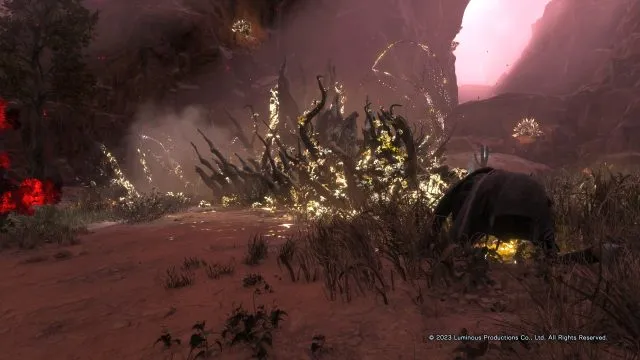
Rather than have a pool of mana from which to cast these spells, each of Frey’s support abilities has a separate cooldown timer, while her main attack spells are effectively unlimited (and usually have the option to charge them for greater effect). Bigger/more powerful spells naturally have a lengthier cooldown timer, and of course, the aforementioned surge magic has the longest timer of them all. An option in Forspoken lets the game automatically change to a cooled-off power if you so choose, which can be handy if you’d like to simply fire everything you’ve got at an enemy without having to slow things down and decide what you’d like to fire out.
Early on in the story, Frey stumbles upon safehouses peppered throughout the tattered landscape, which serve as locations to recover and craft in. But they also contain bookshelves, where she can opt to track up to three Spellcraft challenges. These are mini-quests that task the player with performing certain feats with the selected spell. This is a great way to get players used to all the options at their disposal. An example would be using Frey’s purple magic against enemies that are weak to it, thus teaching you to analyze an enemy using Cuff’s scanning ability before fighting, or another challenge which asks players to leap over enemies and then attack them using Tanta Sila’s sword-based melee magic. Completing these challenges results in a boost to some of Frey’s stats, in addition to the mastery of the ability that has been learned.
Beyond upgrading spells, Frey also has cloaks, necklaces, and nail polish to upgrade her stats. There are dozens of different resources to gather, from plants to rocks and various other bits and bobs. The nail polish is interesting in that each hand can have a different design painted on them, with various effects such as increasing attacks, decreasing cooldown timers, etc. Finding the right combination of equipment with unlocked upgrades can result in Frey being immune to poison with a much faster stamina recharge rate, making the player feel nigh unstoppable as the story progresses.
A visual treat

Being a PS5 console exclusive, some DualSense features are used in Forspoken. Cuff’s voices comes through the controller’s speaker, while haptic feedback is used for things as subtle as Frey’s footsteps, explosions, and other more traditional actions. Finally, adaptive triggers are used for casting magical spells, though the effect isn’t so much immersive as used for a trigger point that fires off the chosen spell.
Graphically, Forspoken is a treat. There are three graphics modes to choose from, or six if you’re playing on a newer TV or monitor. Performance mode obviously looks the “worst,” while the quality mode sports the most detail while dropping the frame rate at times.
In between the two is the Ray Tracing mode, which offers the best lighting while retaining most of the details in the quality mode. If you’re hooked up to a display capable of 120 Hz refresh rates, then you can toggle this on or off for each graphics mode as well. I had this turned on for most of my time with Forspoken, and turning it off was a jarring experience as the frame rate suddenly slowed to a crawl. In any case, whatever mode you run the game in, it’ll be hard to spot the differences in detail when you actually play the game, because things are so fast-paced you hardly have time to discern if there’s some extra aliasing going on with some of the foliage off in the distance.
While there has been some concern around the internet that Forspoken is poorly optimized, I can happily report that this is not the case on the PS5. With the exception of looking down onto certain open areas with large buildings in them, the custom Luminous Engine held to whatever frame rate target was set by the selected graphics mode. Even as dozens of “breakzombies” began attacking, things held steady and the engine stayed out of the way and allowed me to focus on raining down the pain.
Load times in Forspoken are also impressively quick. It takes on average less than two seconds to continue a saved game, and around the same amount of time to fast travel to any destination on the game’s rather large map. Frey and Cuff even comment on this most of the time upon finishing fast travel, as a cheeky pseudo-breaking of the fourth wall. The PS5’s SSD no doubt helps achieve such speedy load times, but it is still so great that this is the generation in which lengthy load times have effectively evaporated.
Forspoken Review: The final verdict
Forspoken is a complete experience, with a play time estimated at around 30 hours if you’re mainlining the campaign, and perhaps twice that length if opting to complete all the side missions and activities. It’s single-player only, with no online options or microtransactions to deal with. Forspoken is a great game to get lost in, precisely because there are no distractions associated with online-centric games.
Forspoken represented a huge risk taken by newcomer Luminous Productions. While the story may feel a bit contrived at times, the Flow method of traversal and combat more than makes up for it. Frey may annoy some people as the protagonist, but stringing together a chain of magical commands within just a few seconds while deftly avoiding incoming fireballs is rewarding, and ultimately, I came away from Forspoken having enjoyed my time helping the people of Athia.
-
Great look and presentation
-
Combat is incredibly varied
-
Epic single-player adventure
-
Contrived story
-
First couple of chapters are slow
Forspoken PS5 Review
-
Forspoken PS5 Review #1

-
Forspoken PS5 Review #2
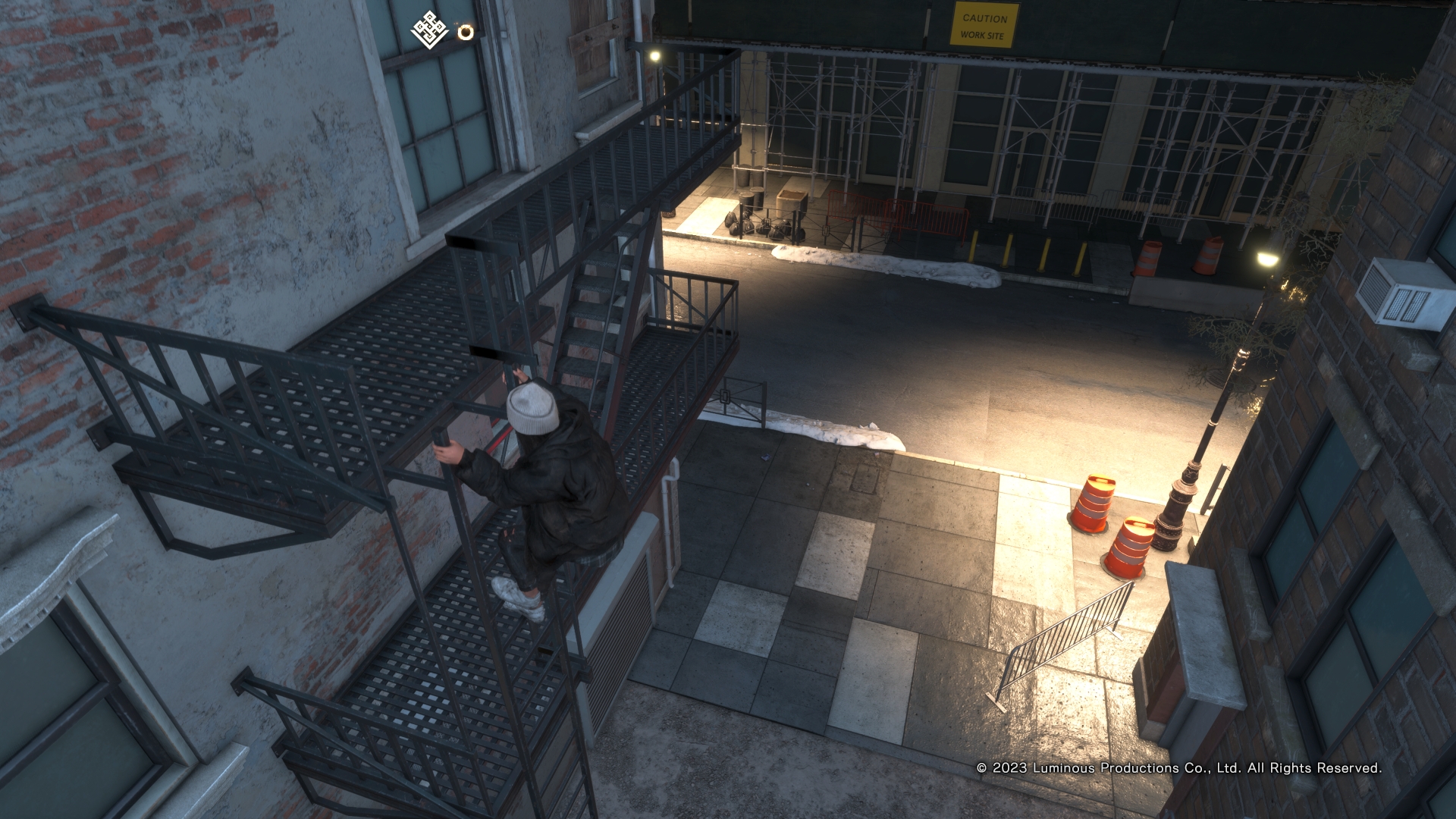
-
Forspoken PS5 Review #3
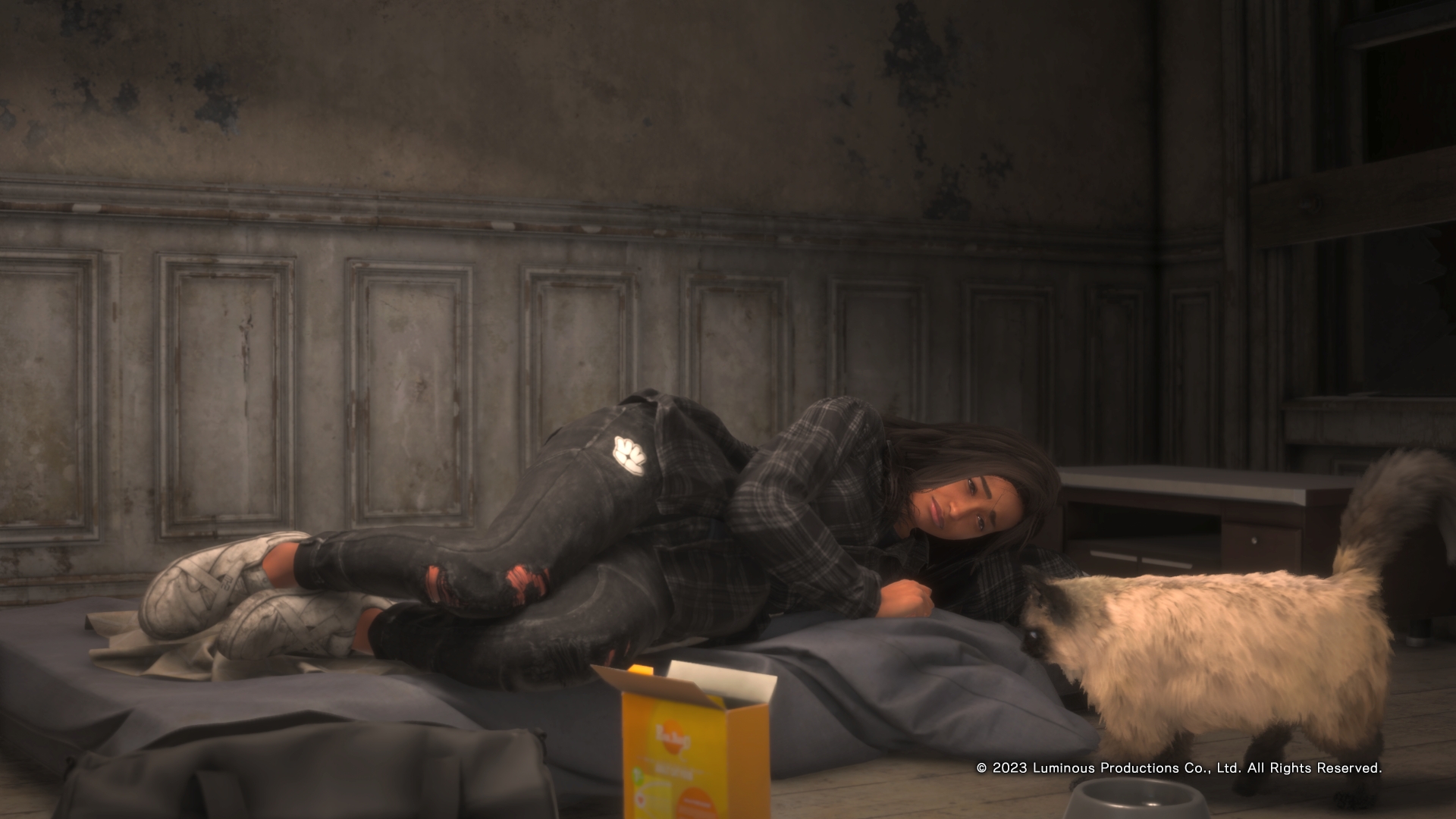
-
Forspoken PS5 Review #4

-
Forspoken PS5 Review #5
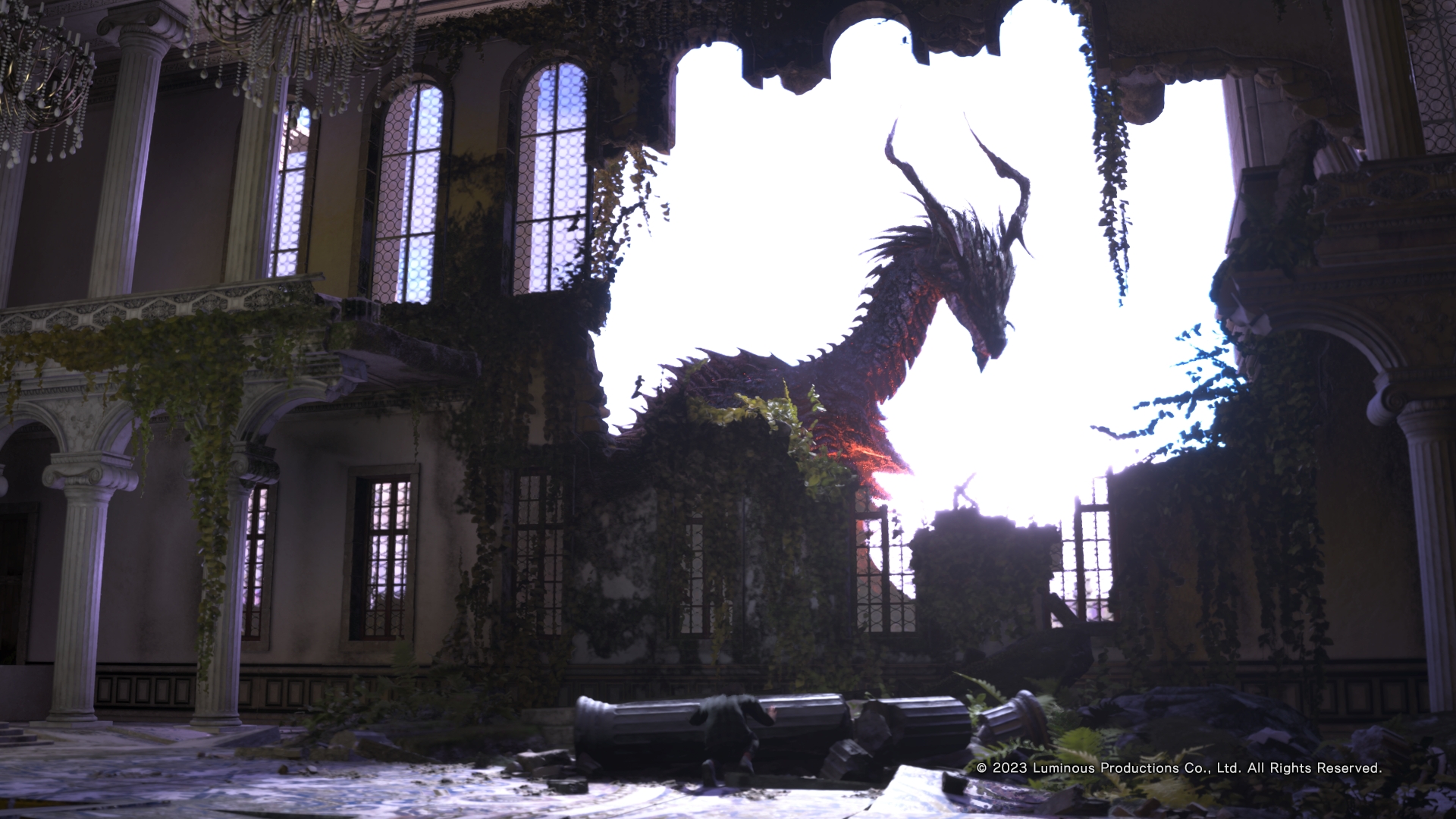
-
Forspoken PS5 Review #6

-
Forspoken PS5 Review #7

-
Forspoken PS5 Review #8

-
Forspoken PS5 Review #9

-
Forspoken PS5 Review #10
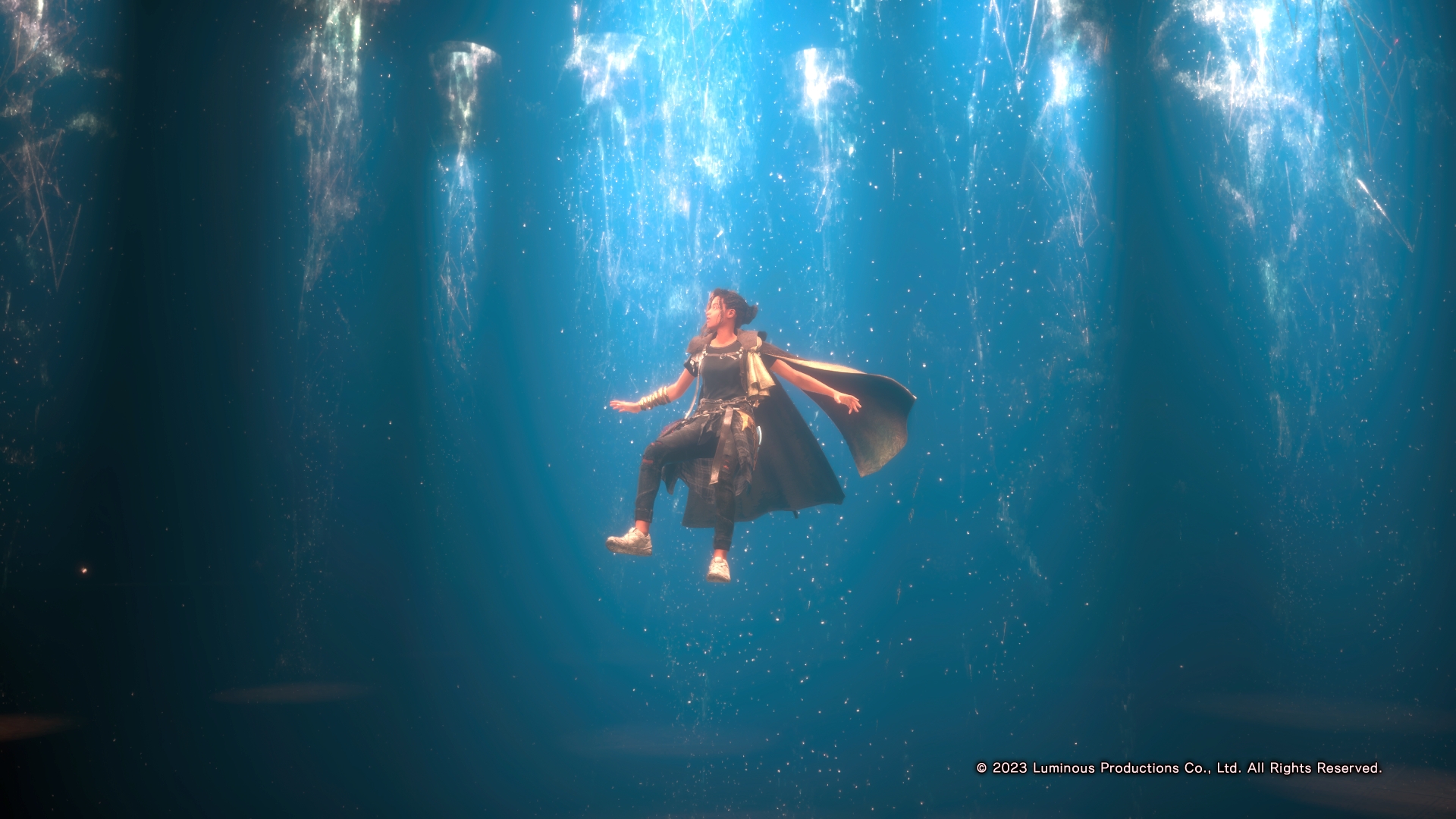
-
Forspoken PS5 Review #11
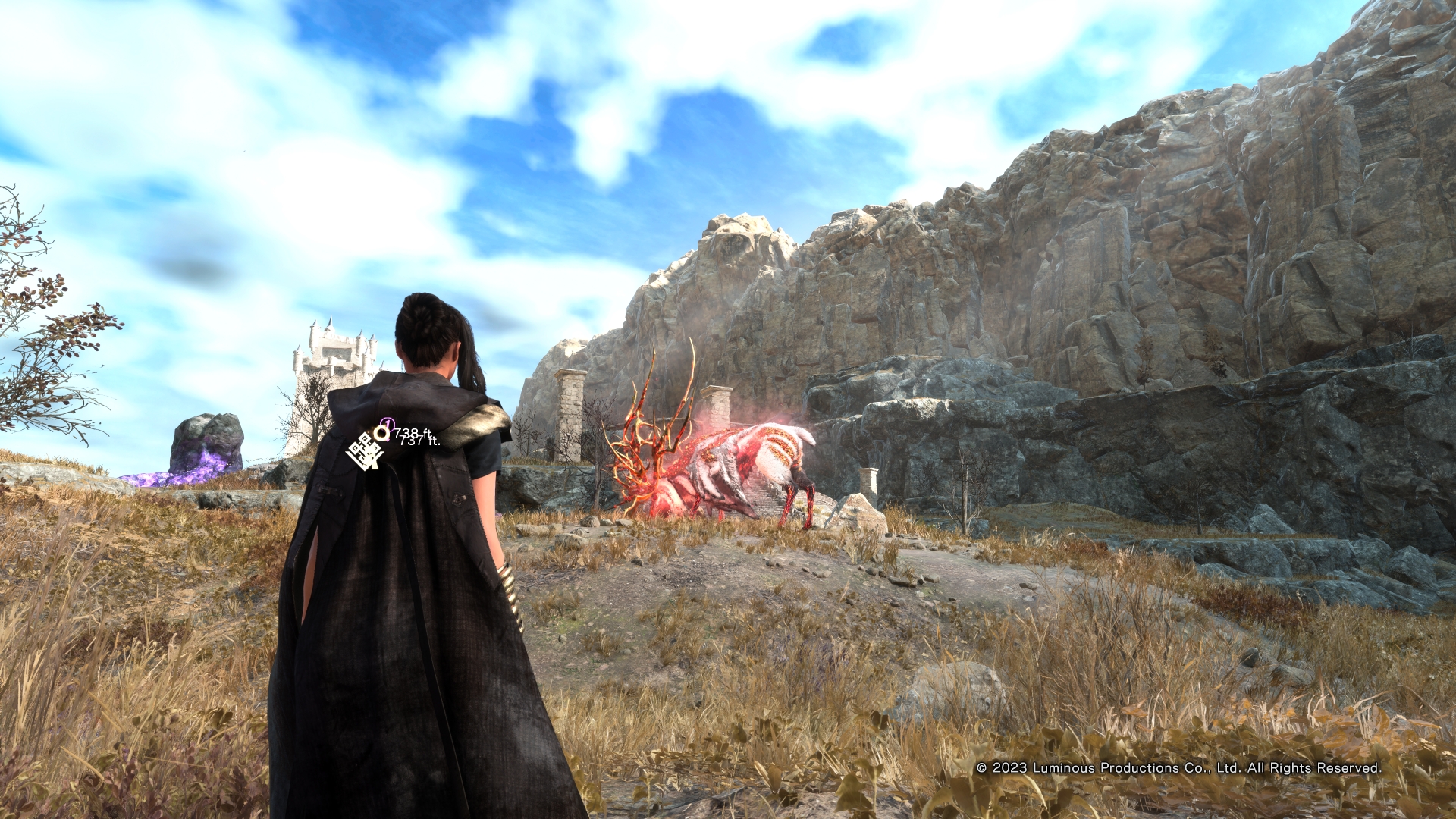
-
Forspoken PS5 Review #12
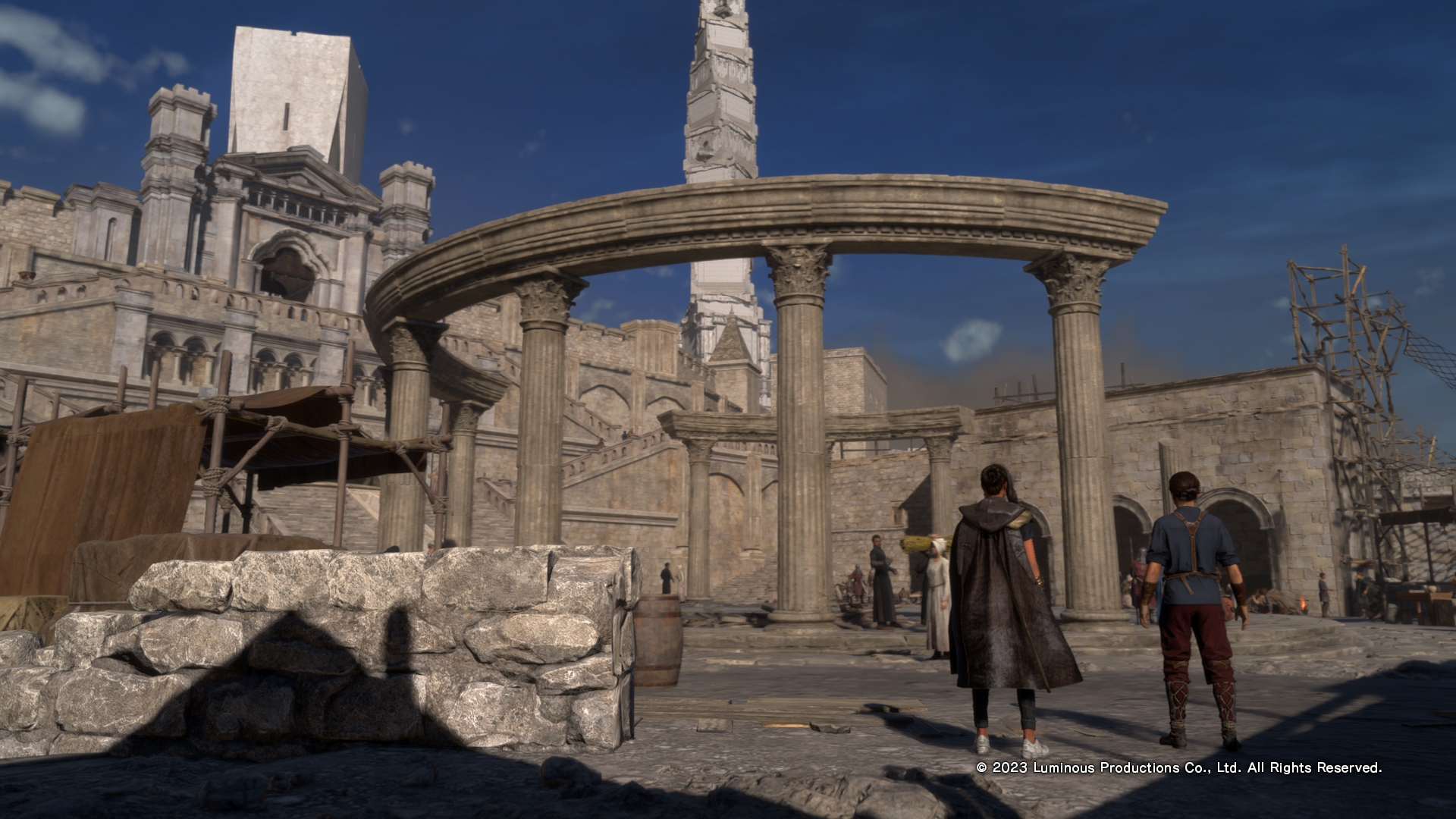
-
Forspoken PS5 Review #13
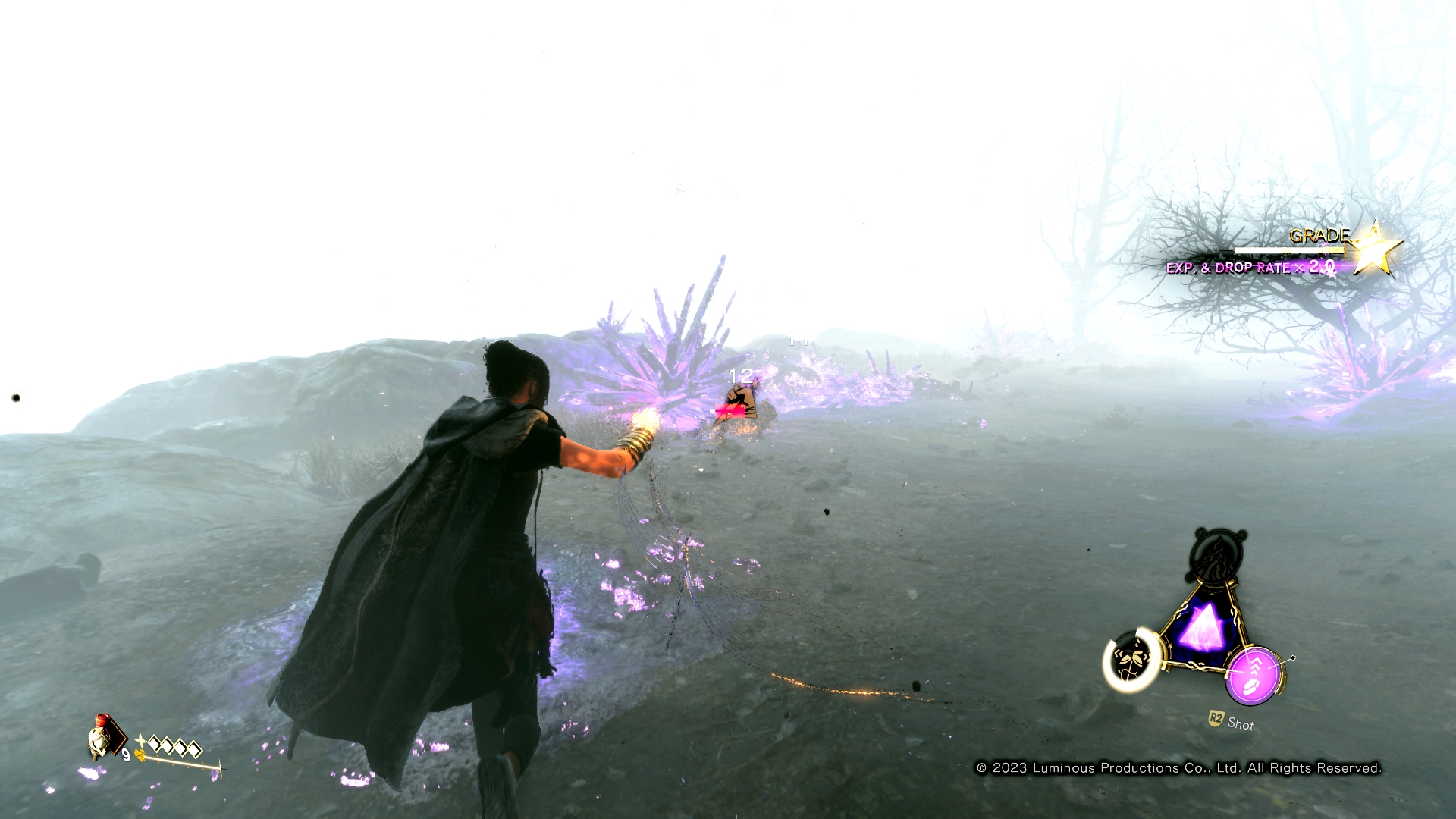
-
Forspoken PS5 Review #14
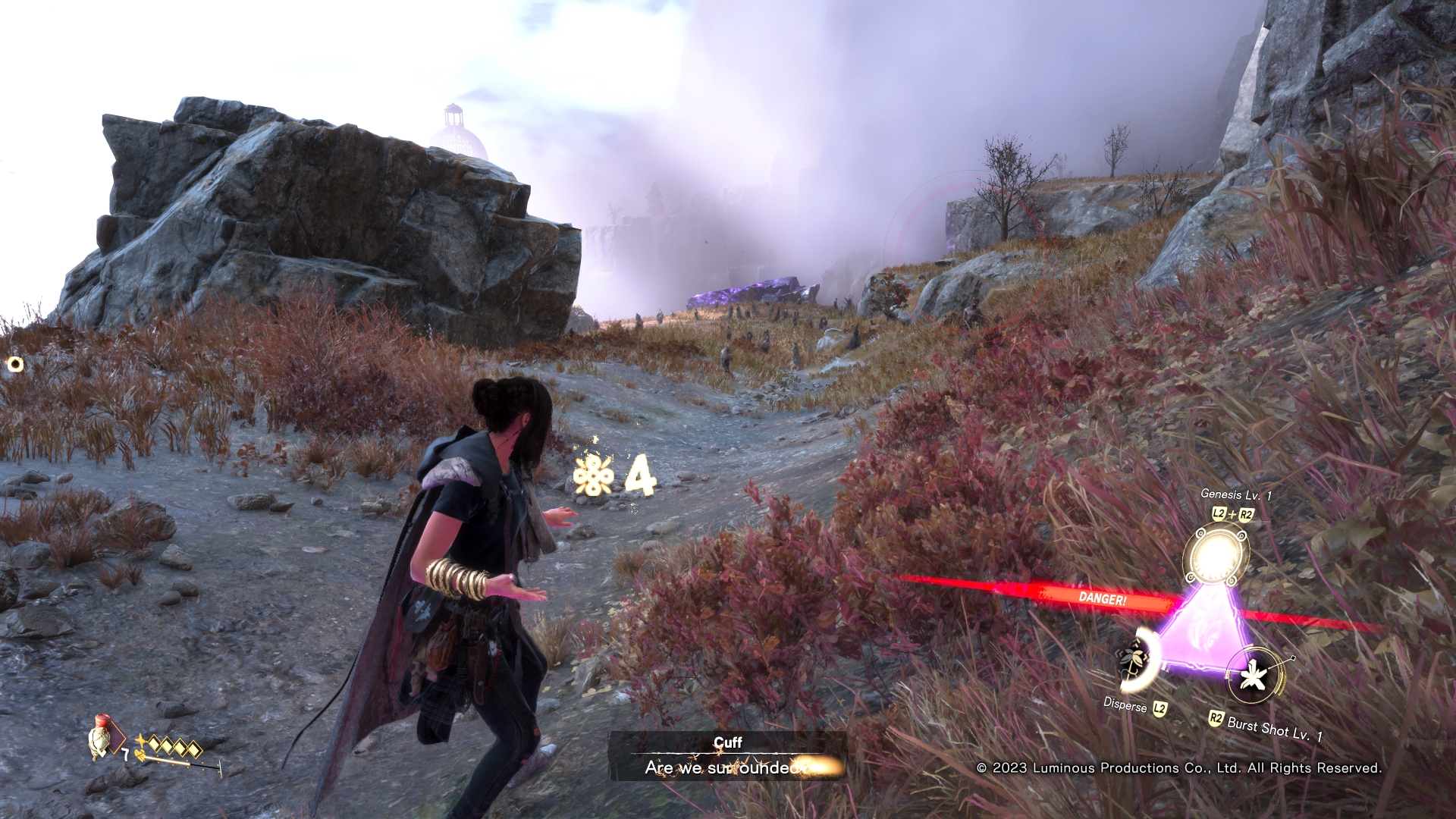
-
Forspoken PS5 Review #15
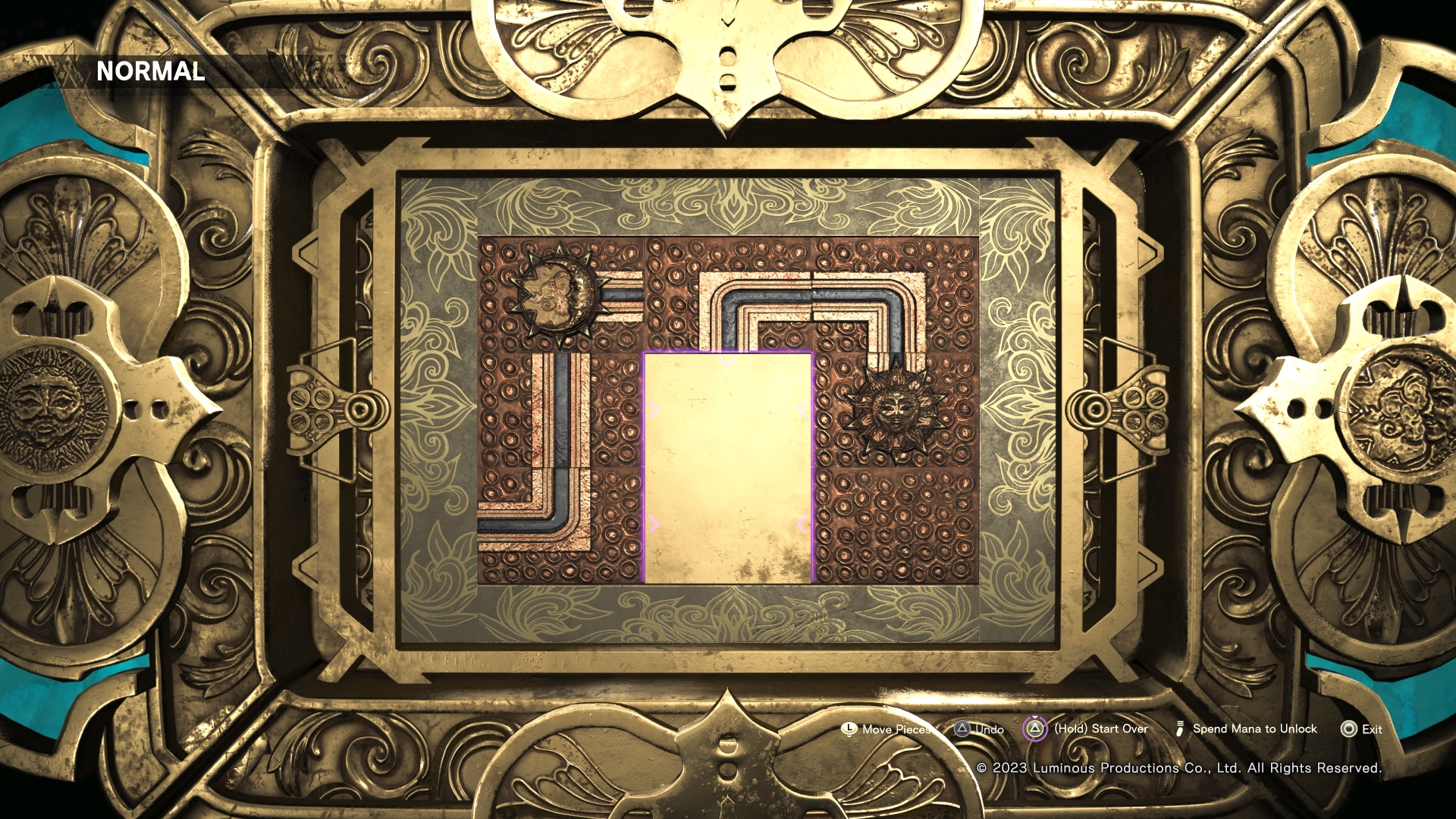
-
Forspoken PS5 Review #16
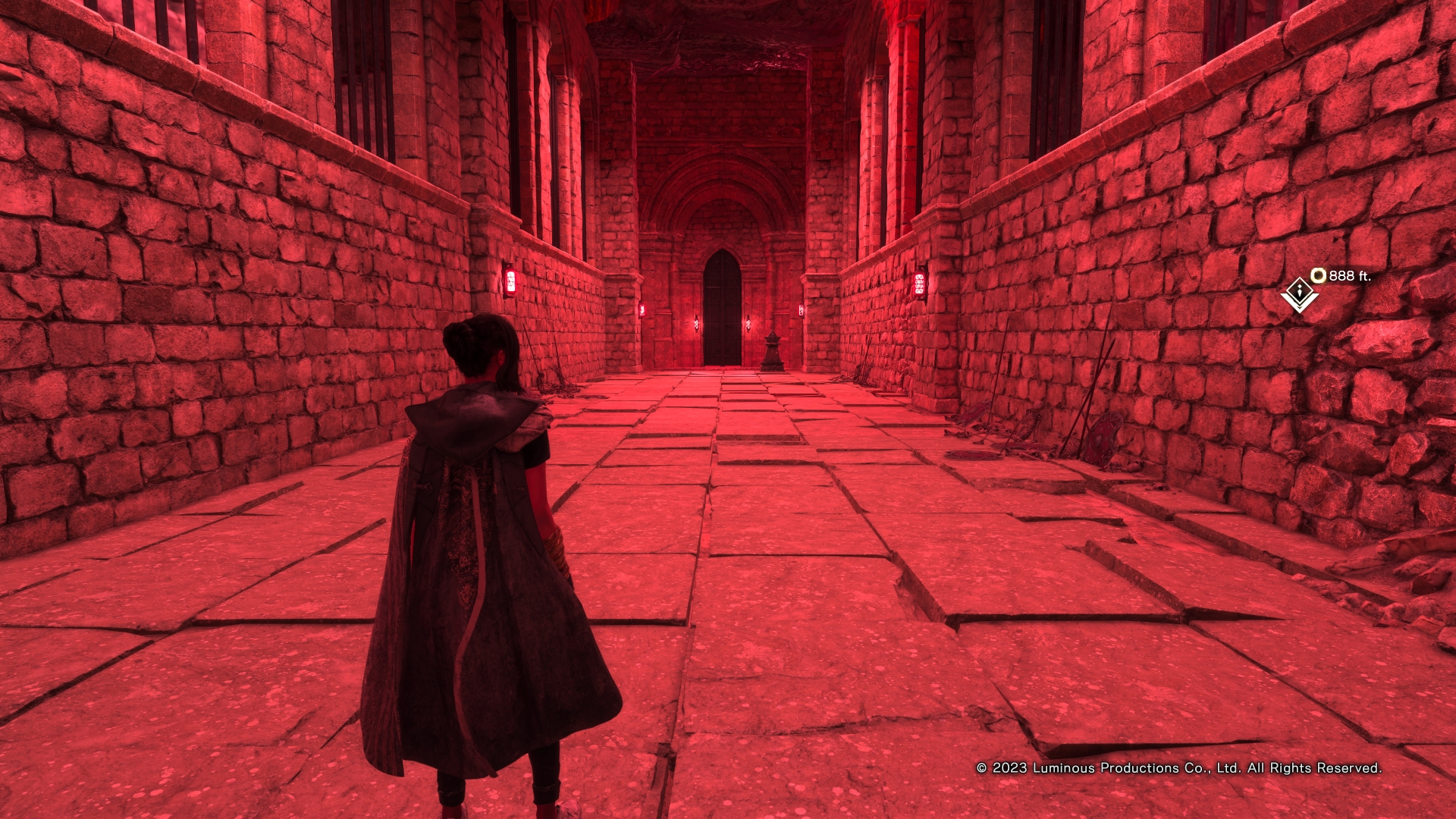
-
Forspoken PS5 Review #17
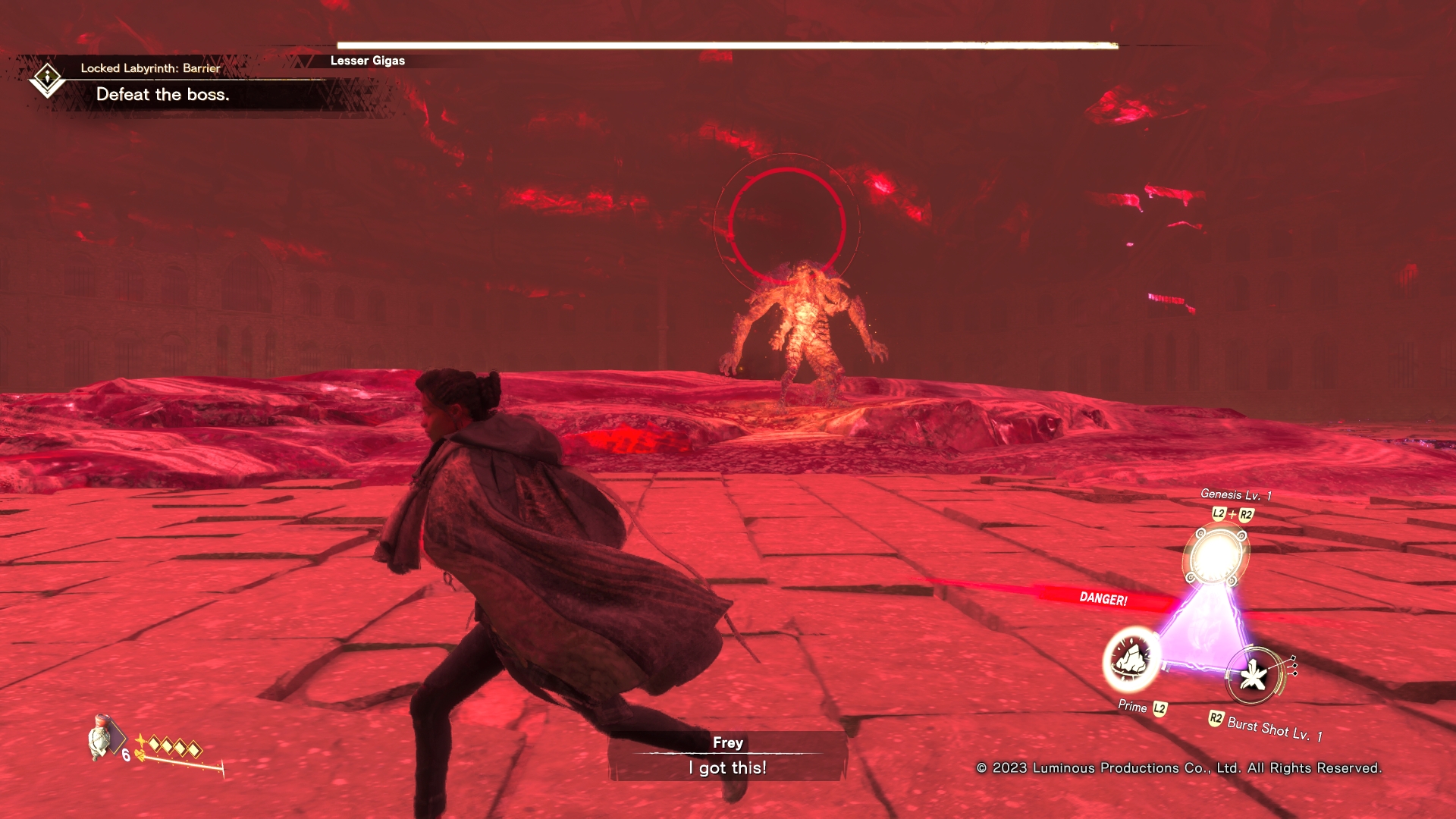
-
Forspoken PS5 Review #18
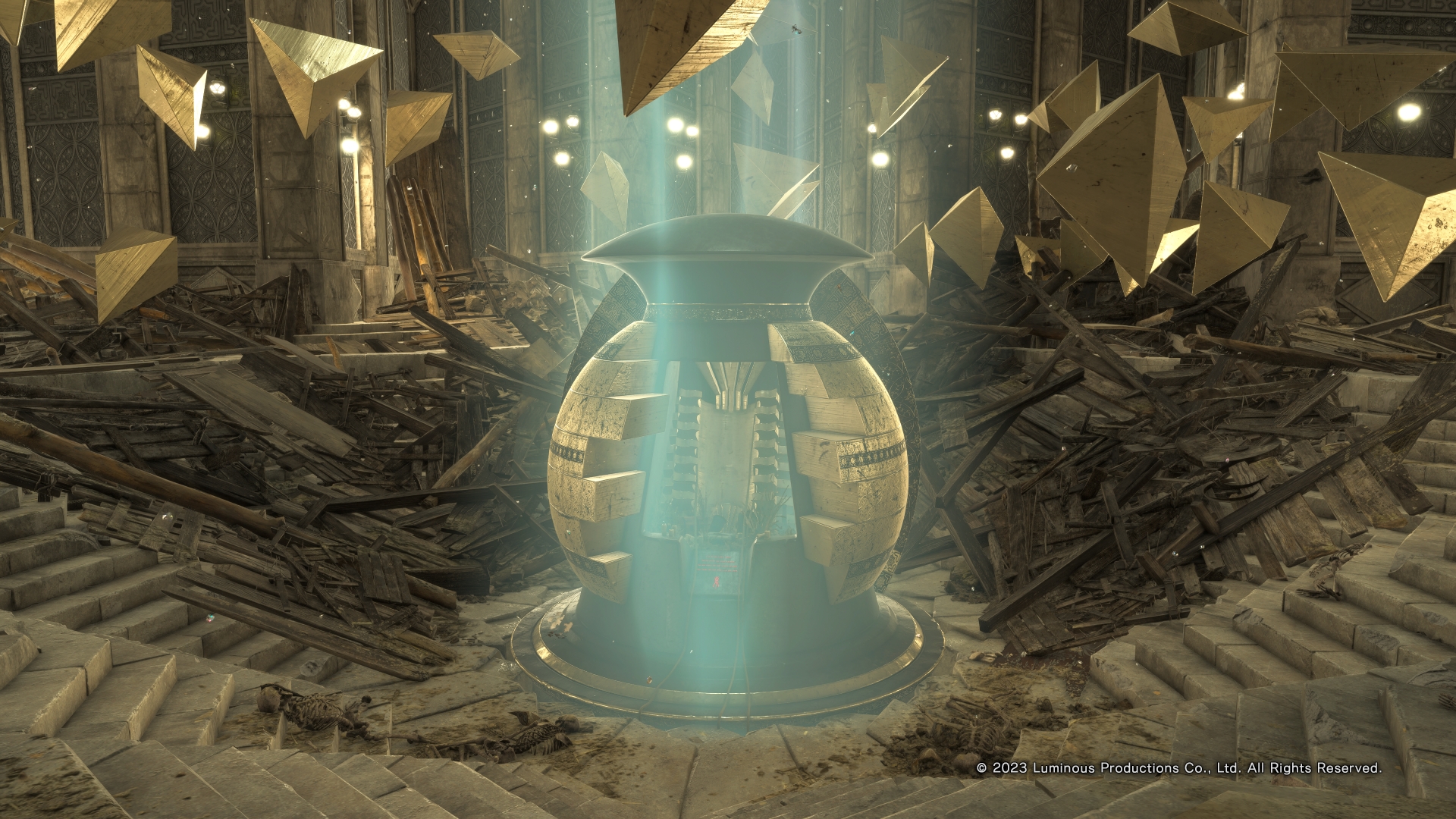
-
Forspoken PS5 Review #19
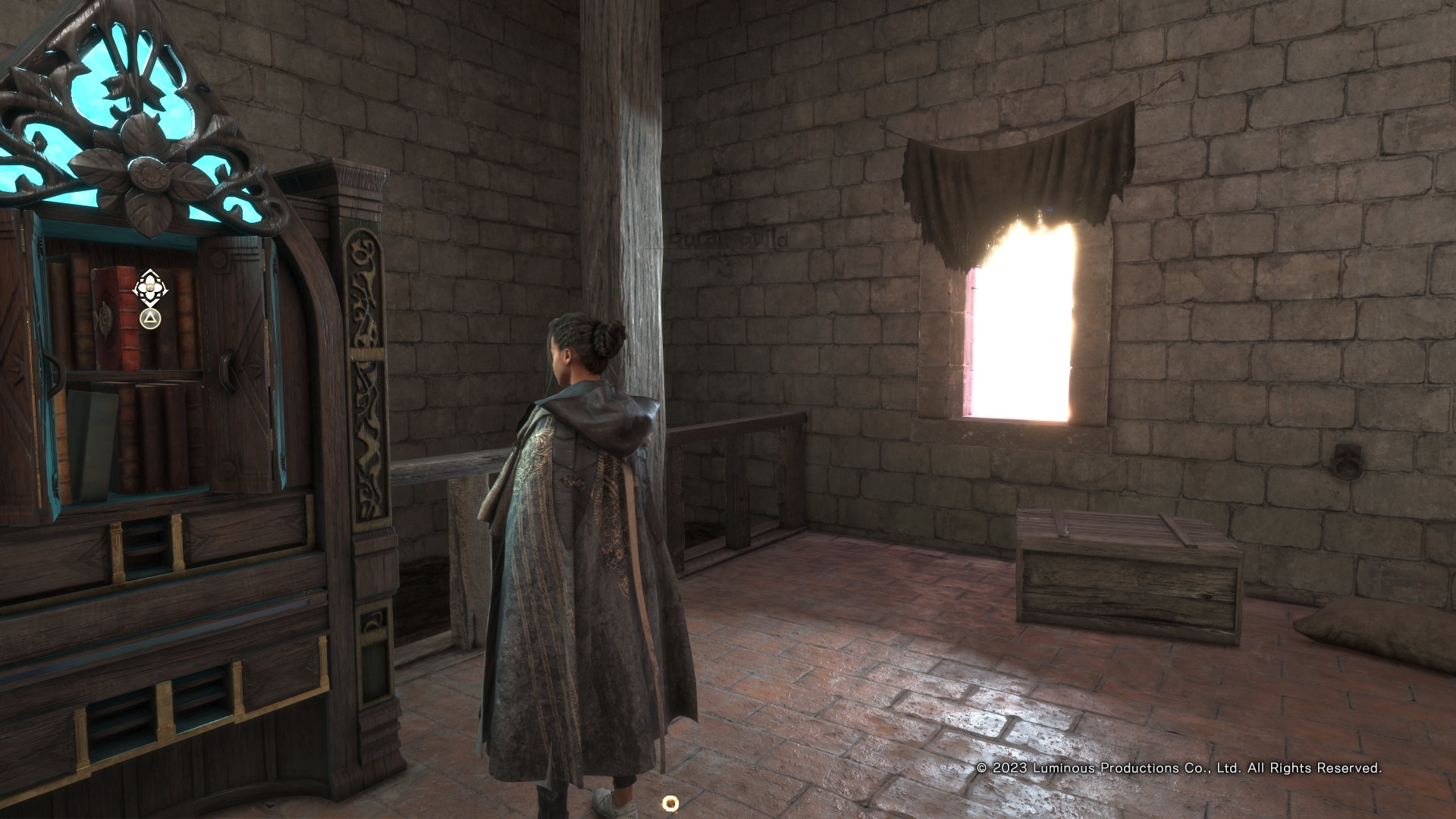
-
Forspoken PS5 Review #20

-
Forspoken PS5 Review #21
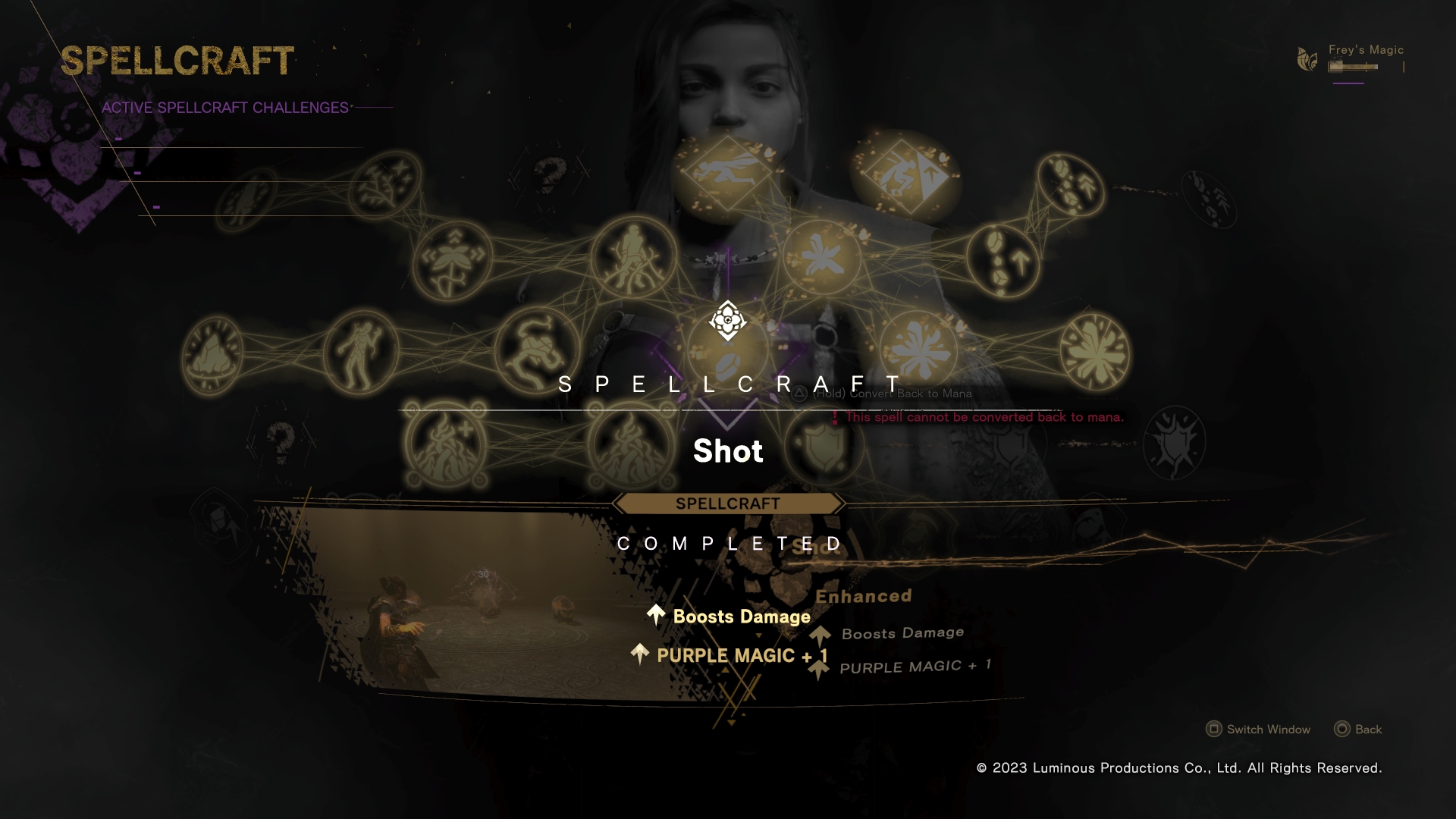
-
Forspoken PS5 Review #22
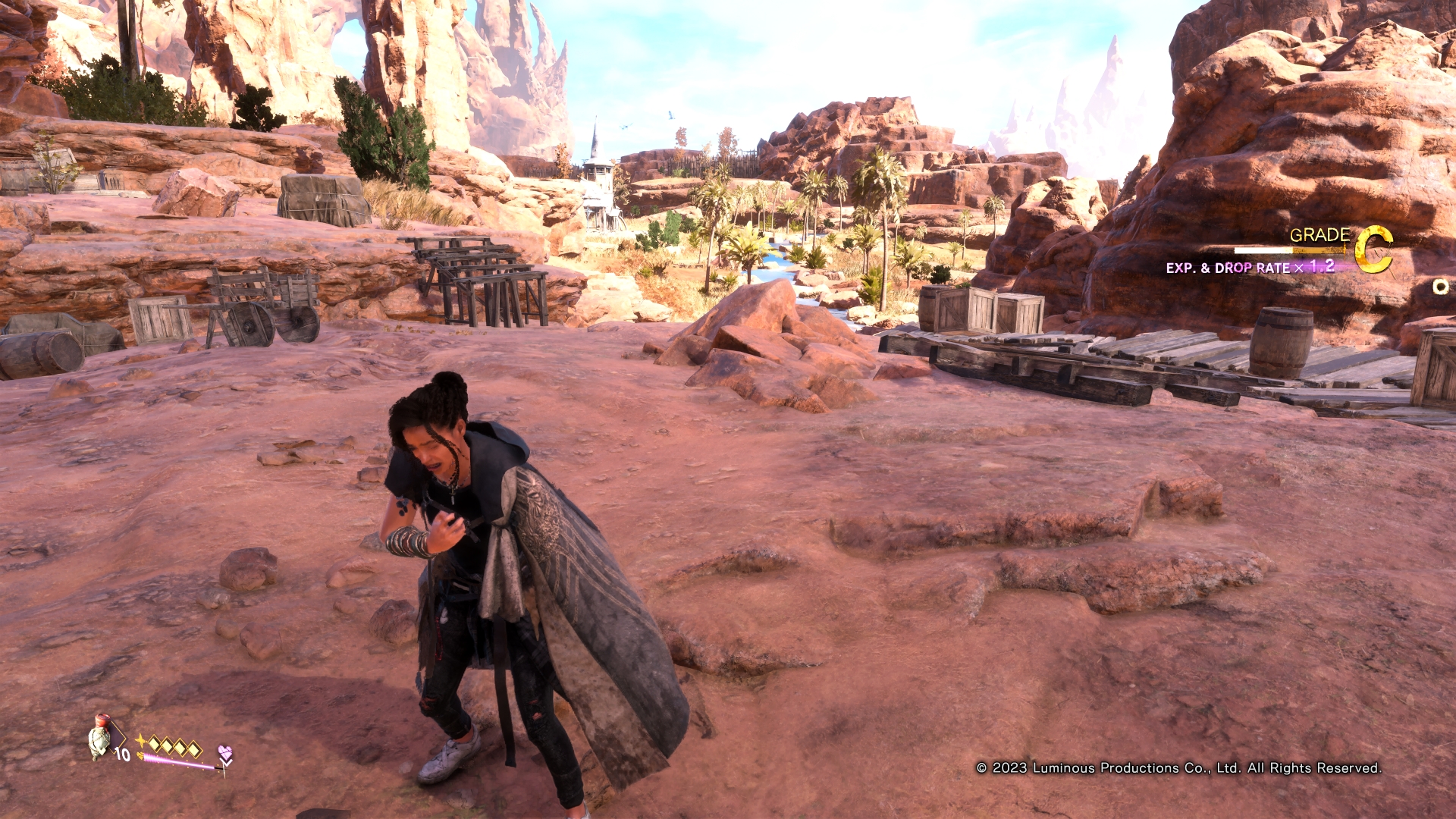
-
Forspoken PS5 Review #23
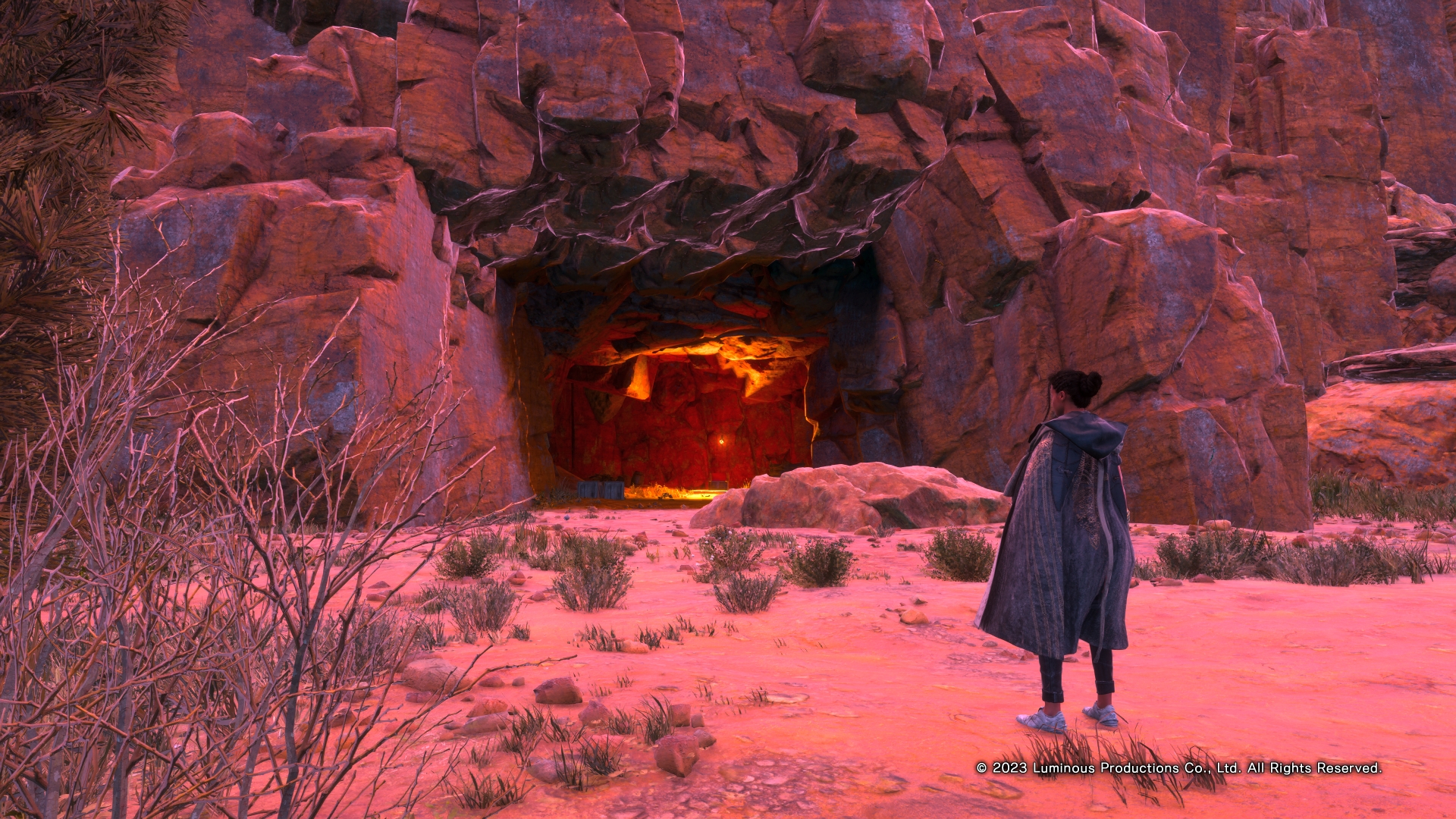
-
Forspoken PS5 Review #24
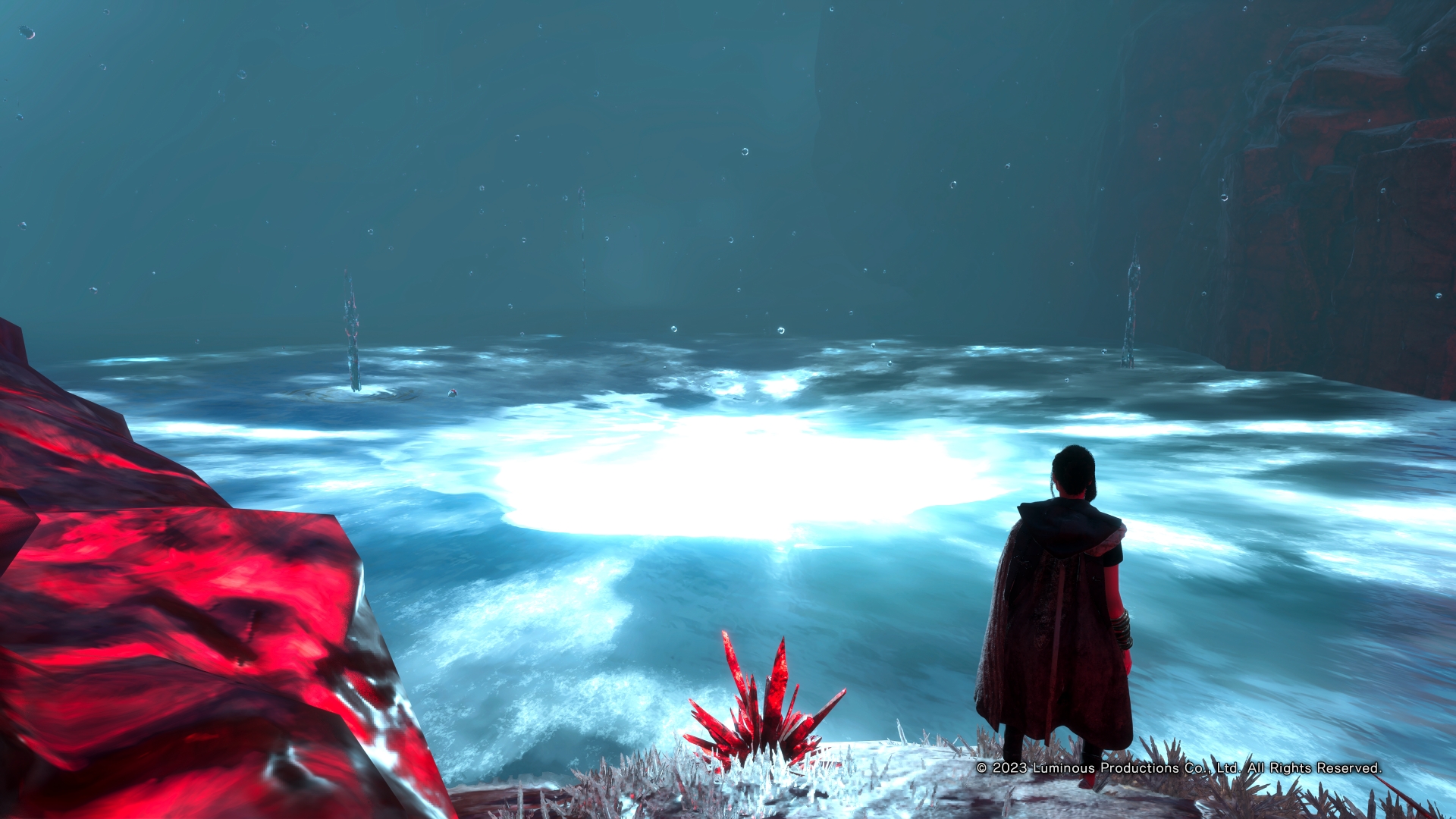
-
Forspoken PS5 Review #25

-
Forspoken PS5 Review #26
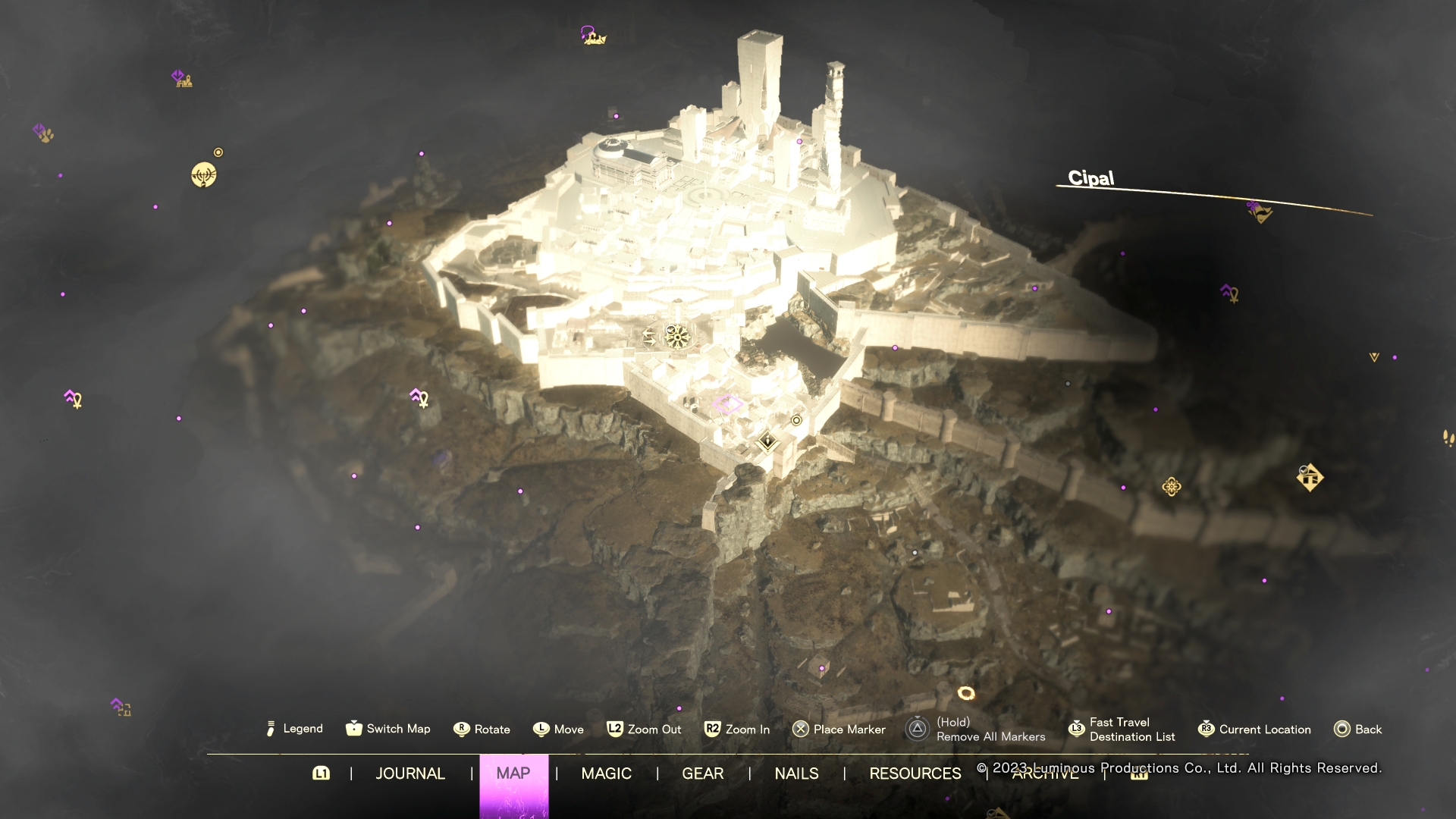
-
Forspoken PS5 Review #27
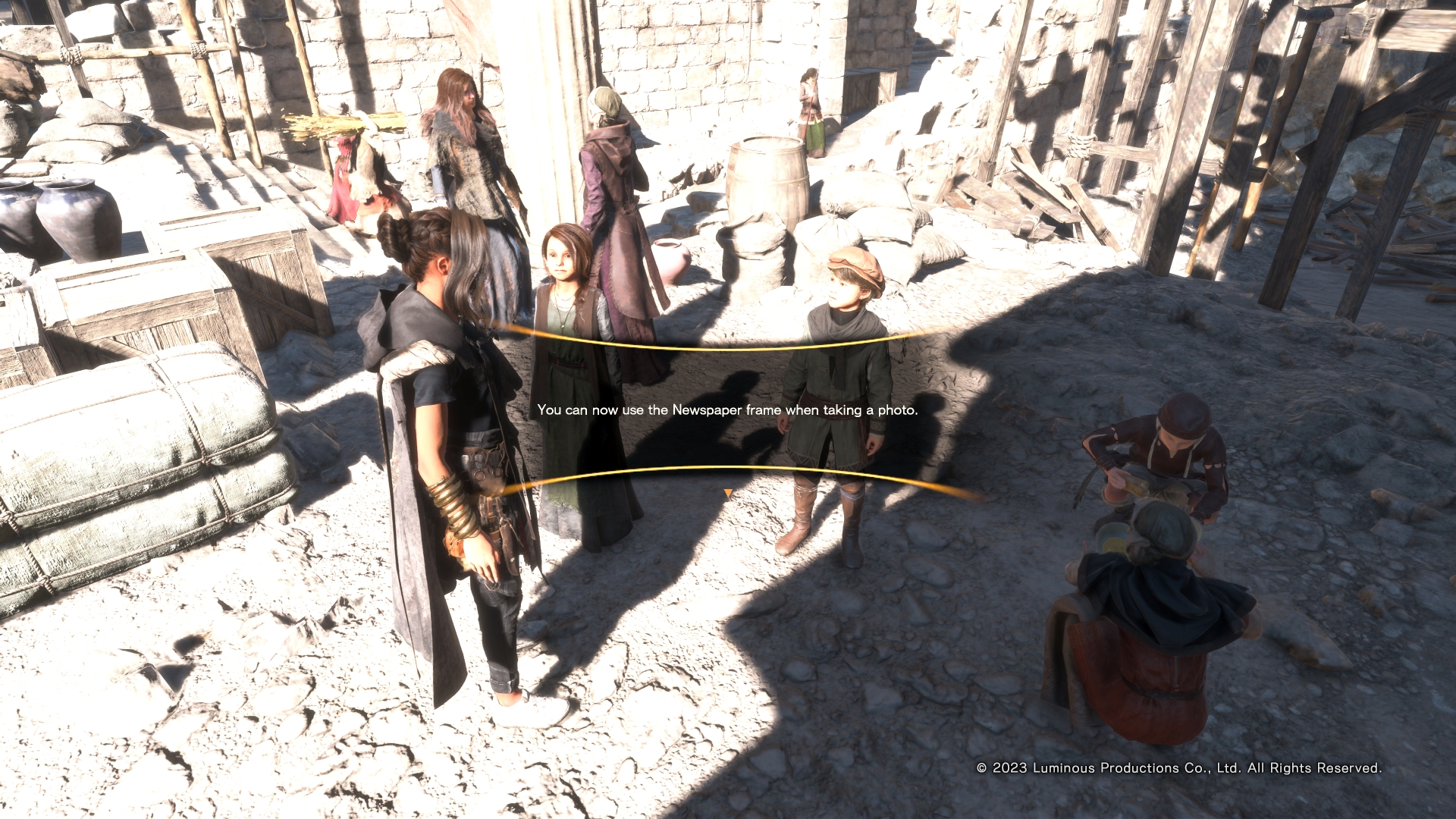
-
Forspoken PS5 Review #28

-
Forspoken PS5 Review #29
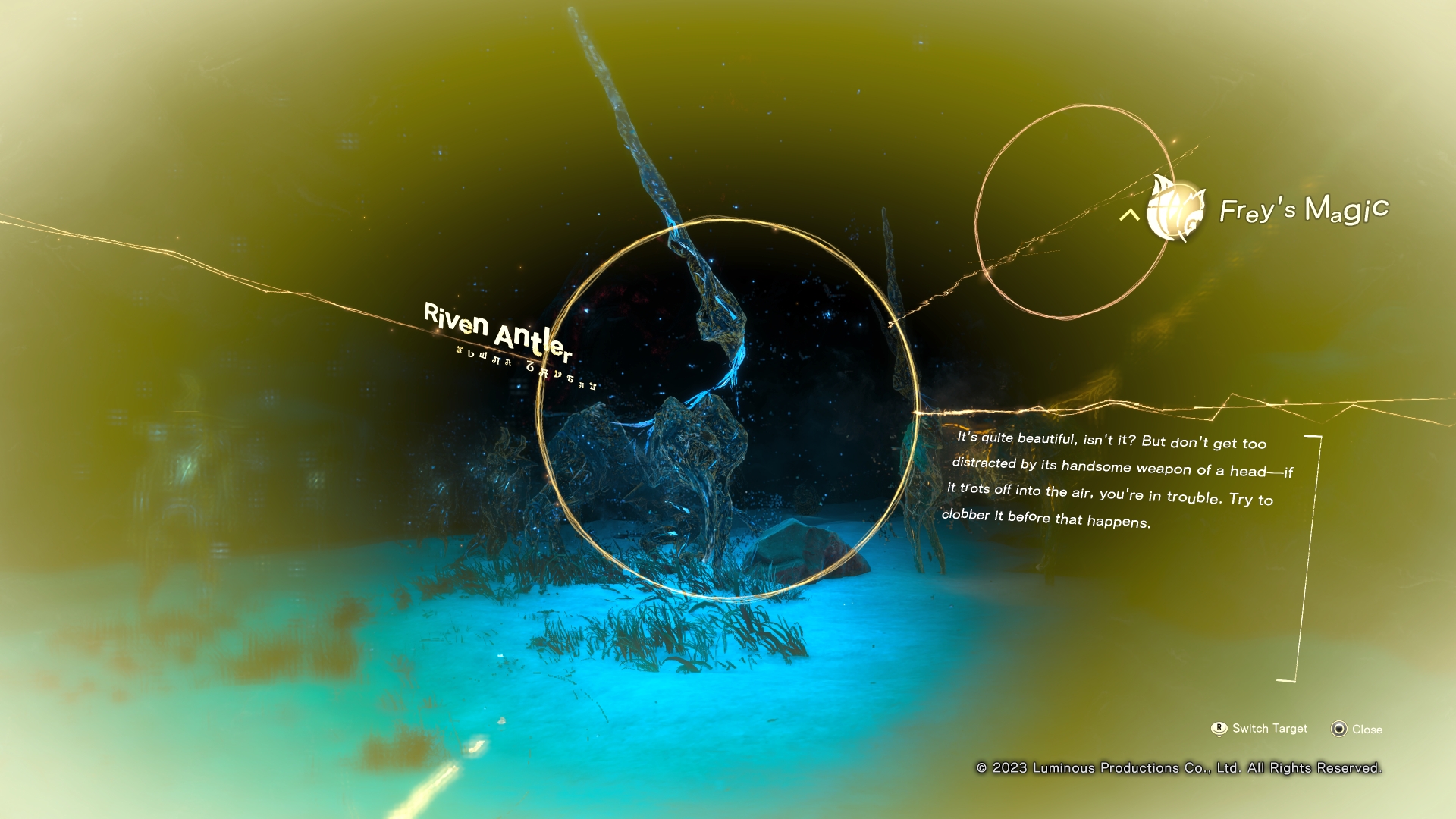
-
Forspoken PS5 Review #30
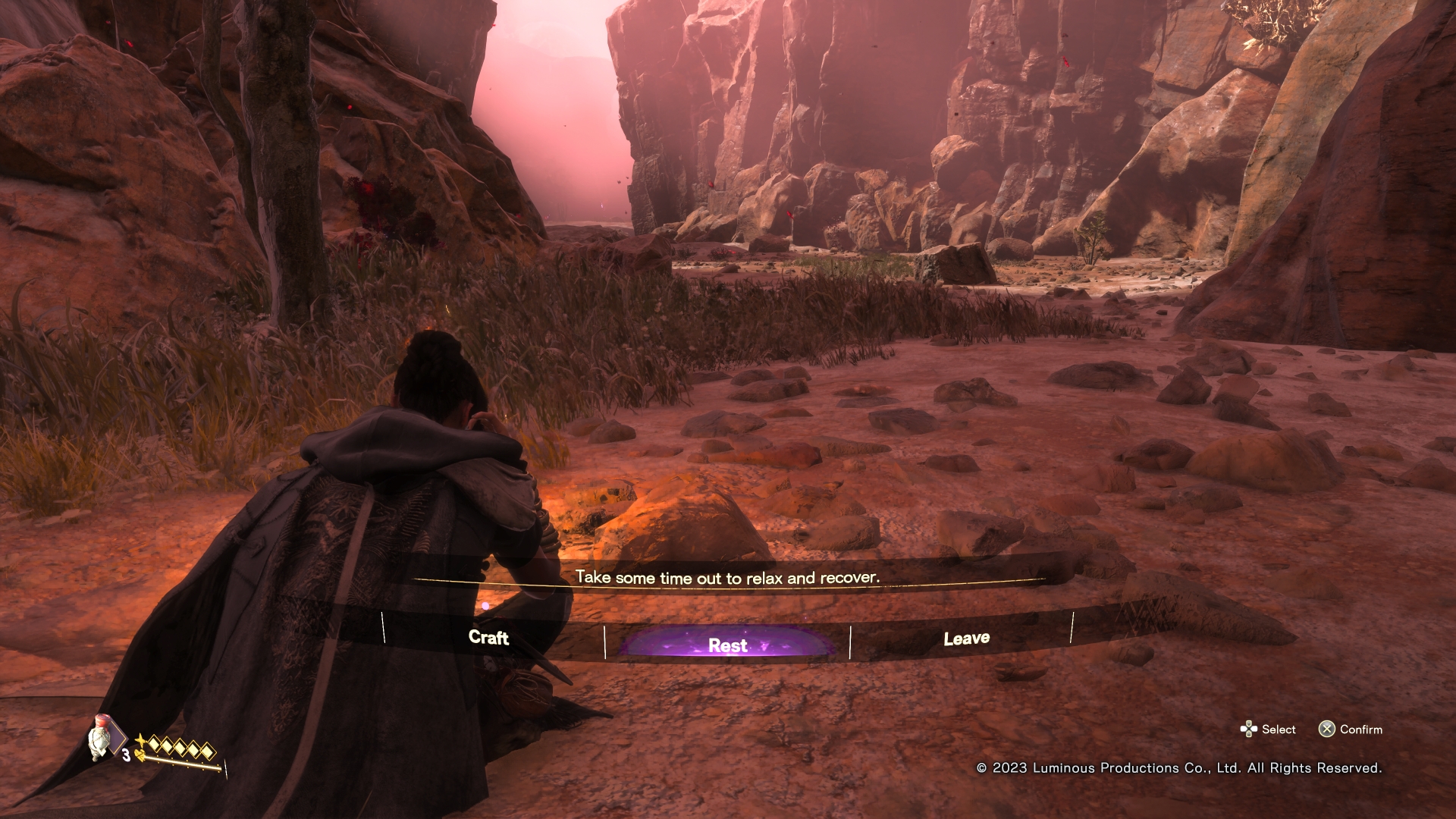
-
Forspoken PS5 Review #31
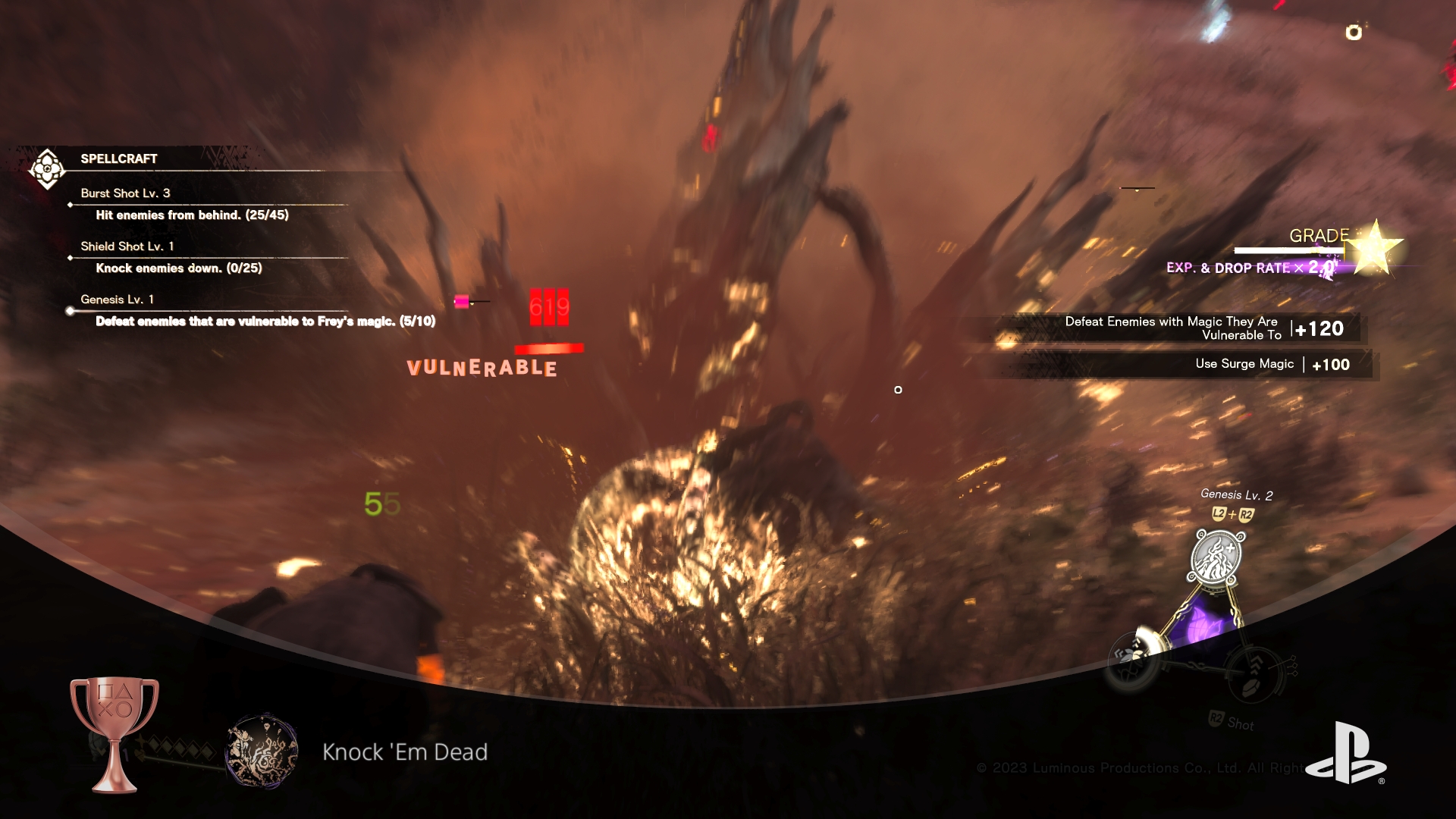
-
Forspoken PS5 Review #32
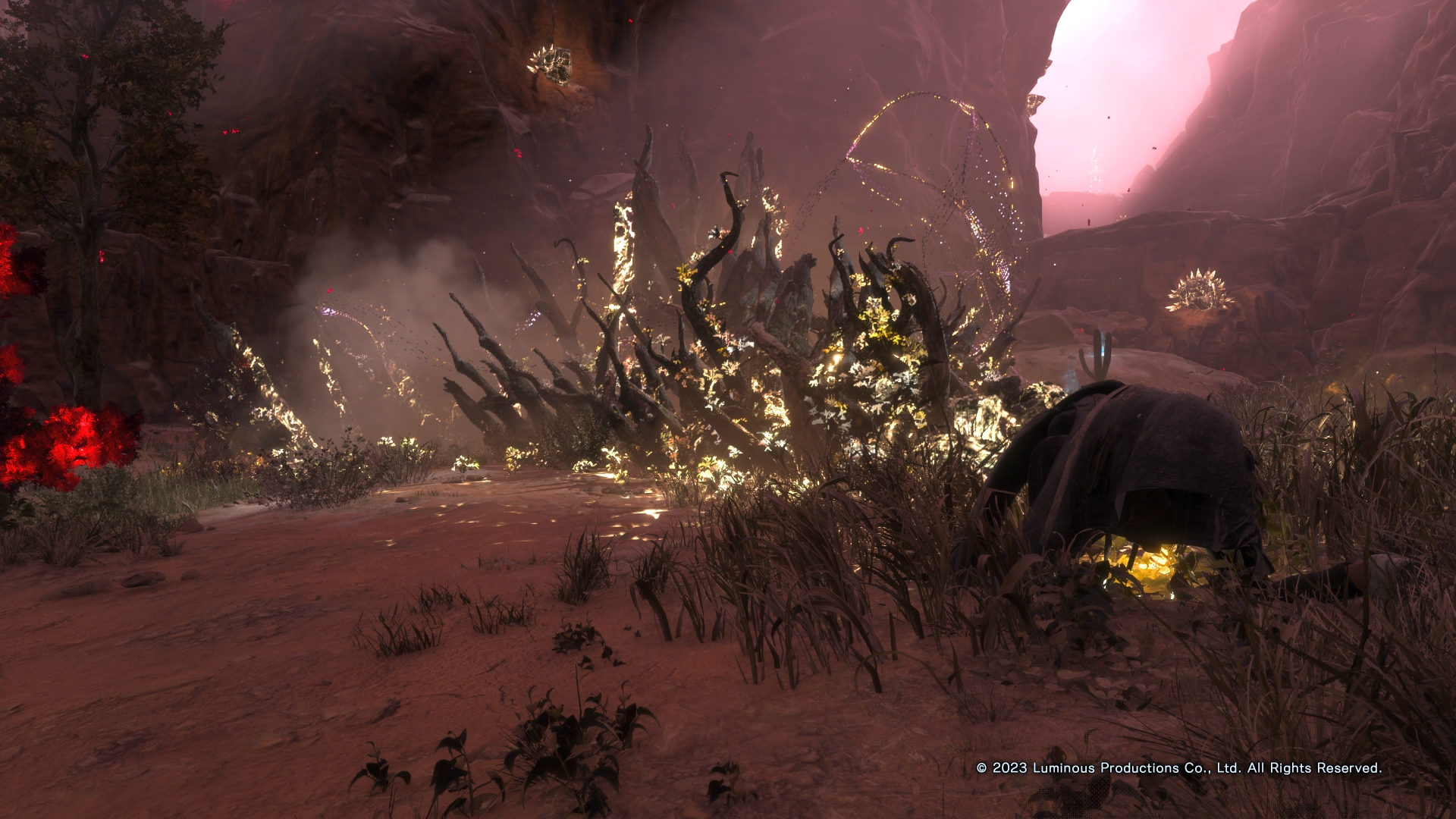
-
Forspoken PS5 Review #33
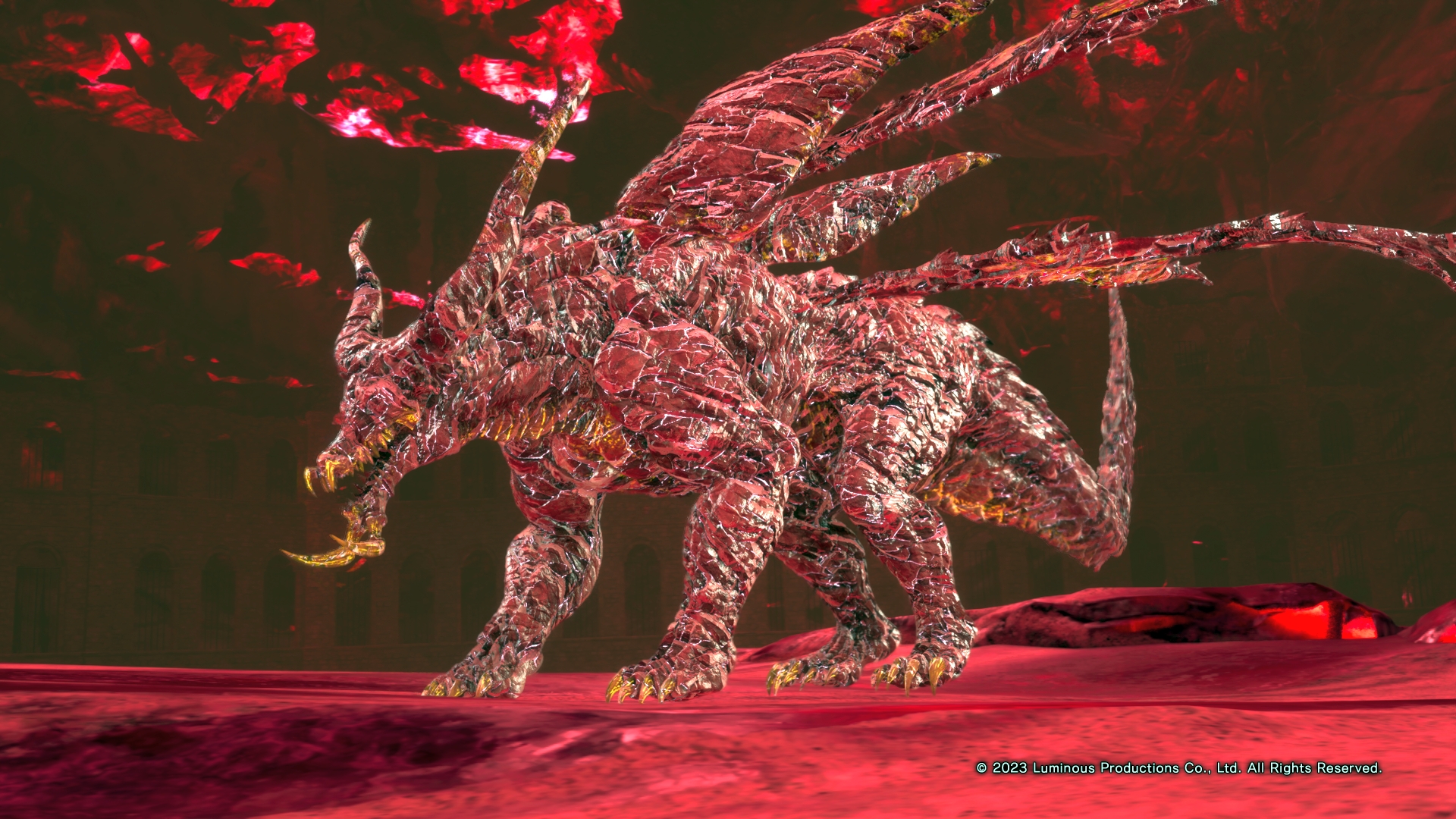
-
Forspoken PS5 Review #34
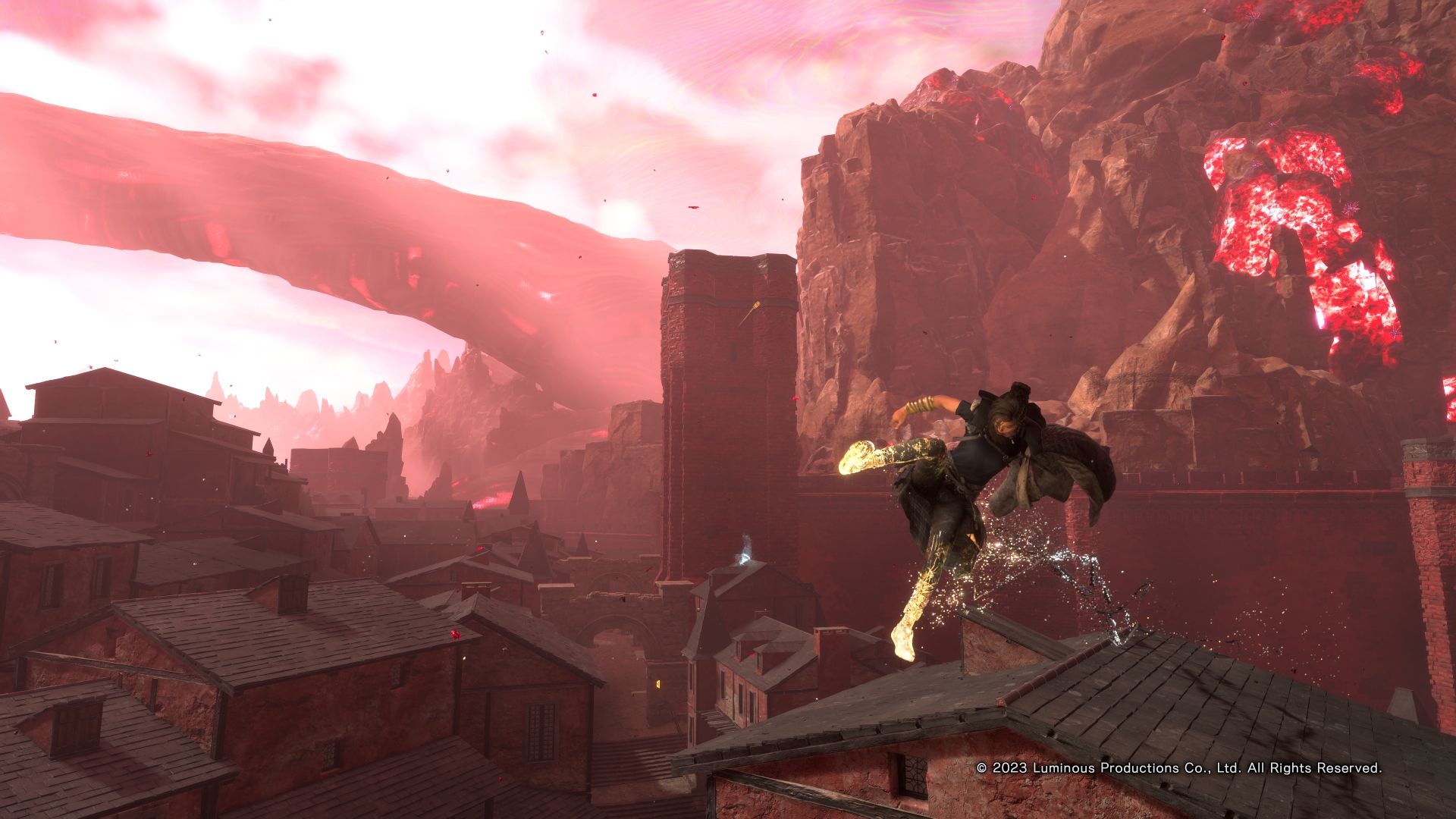
-
Forspoken PS5 Review #35
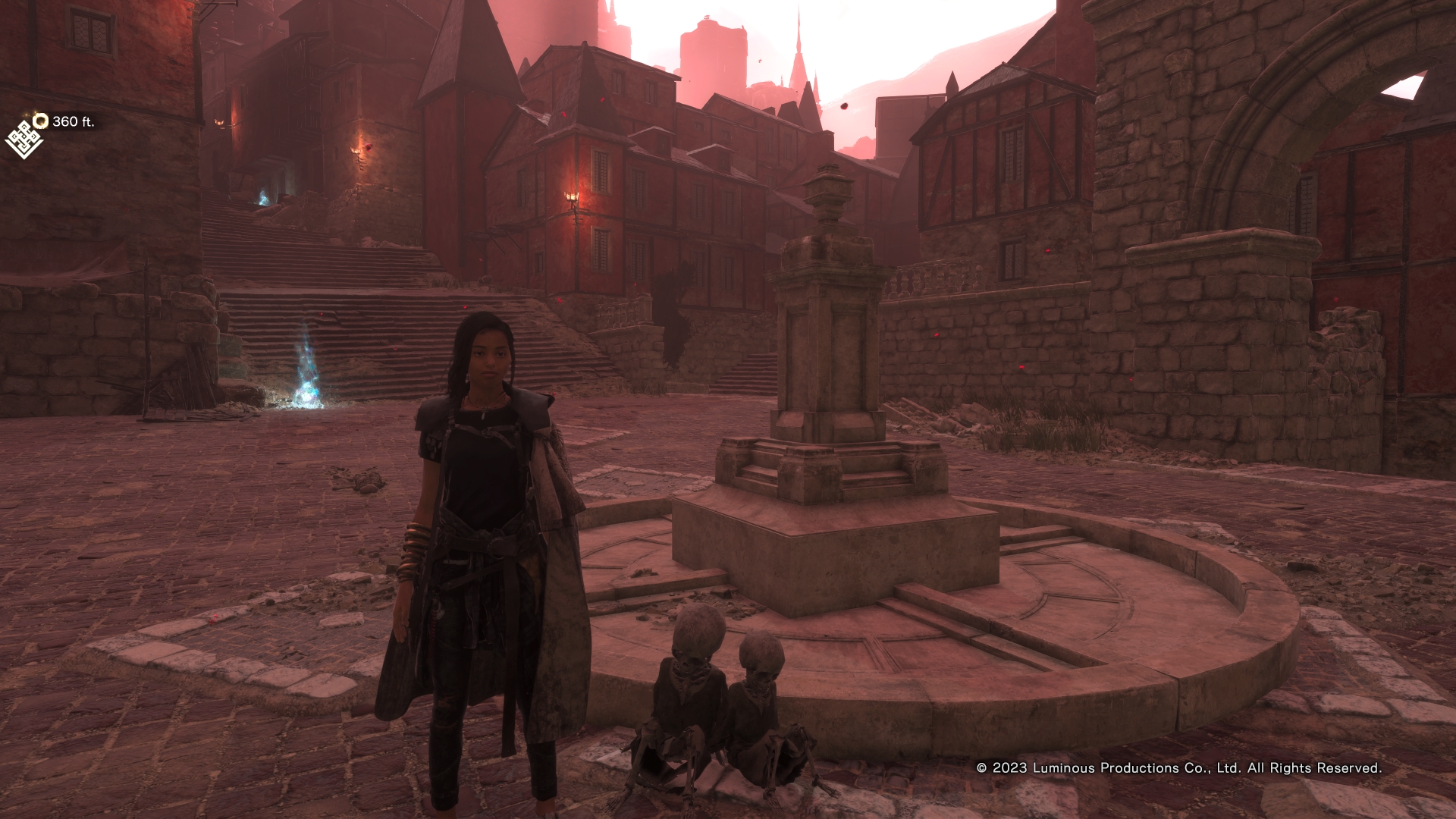
-
Forspoken PS5 Review #36
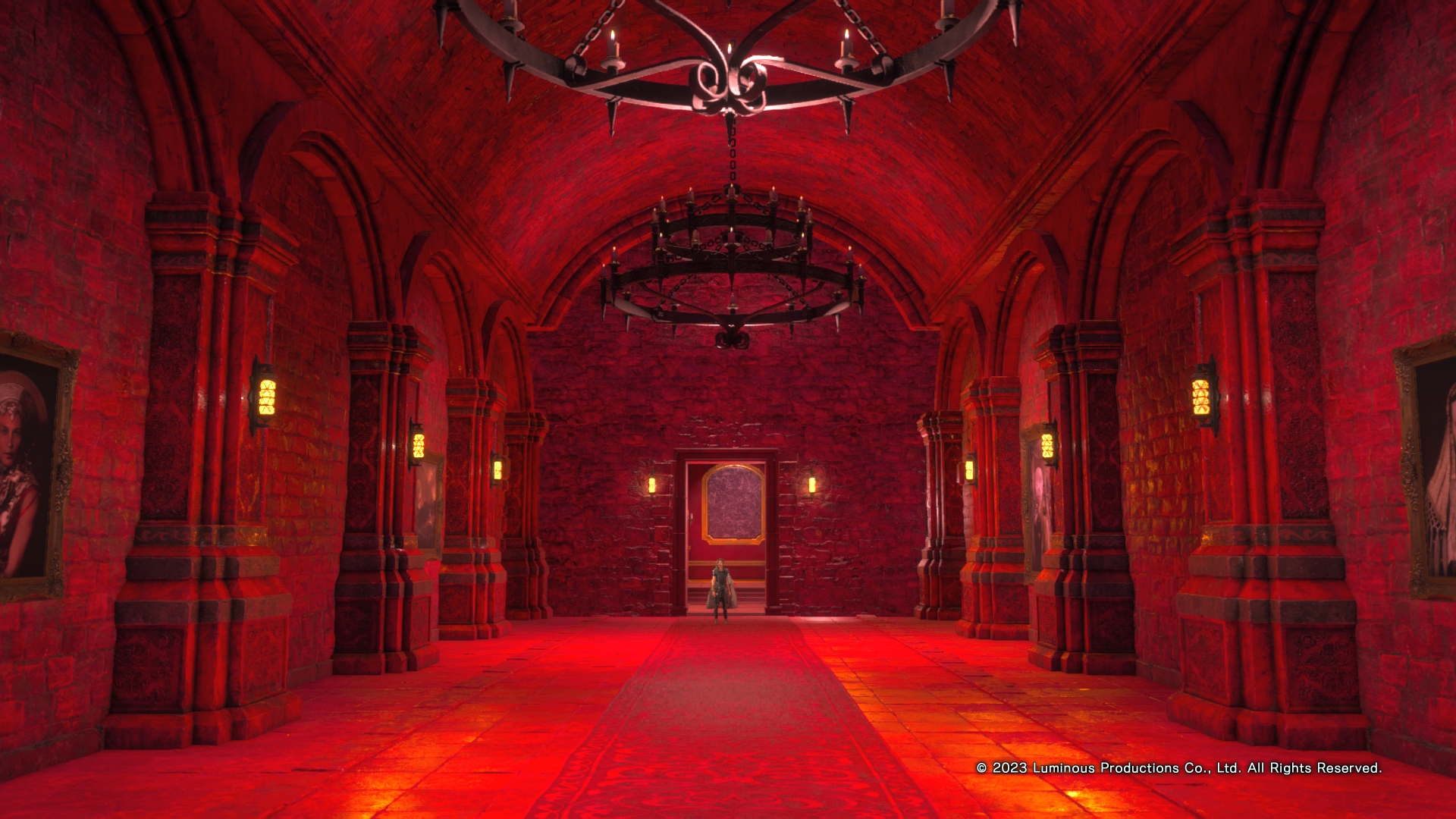
-
Forspoken PS5 Review #37
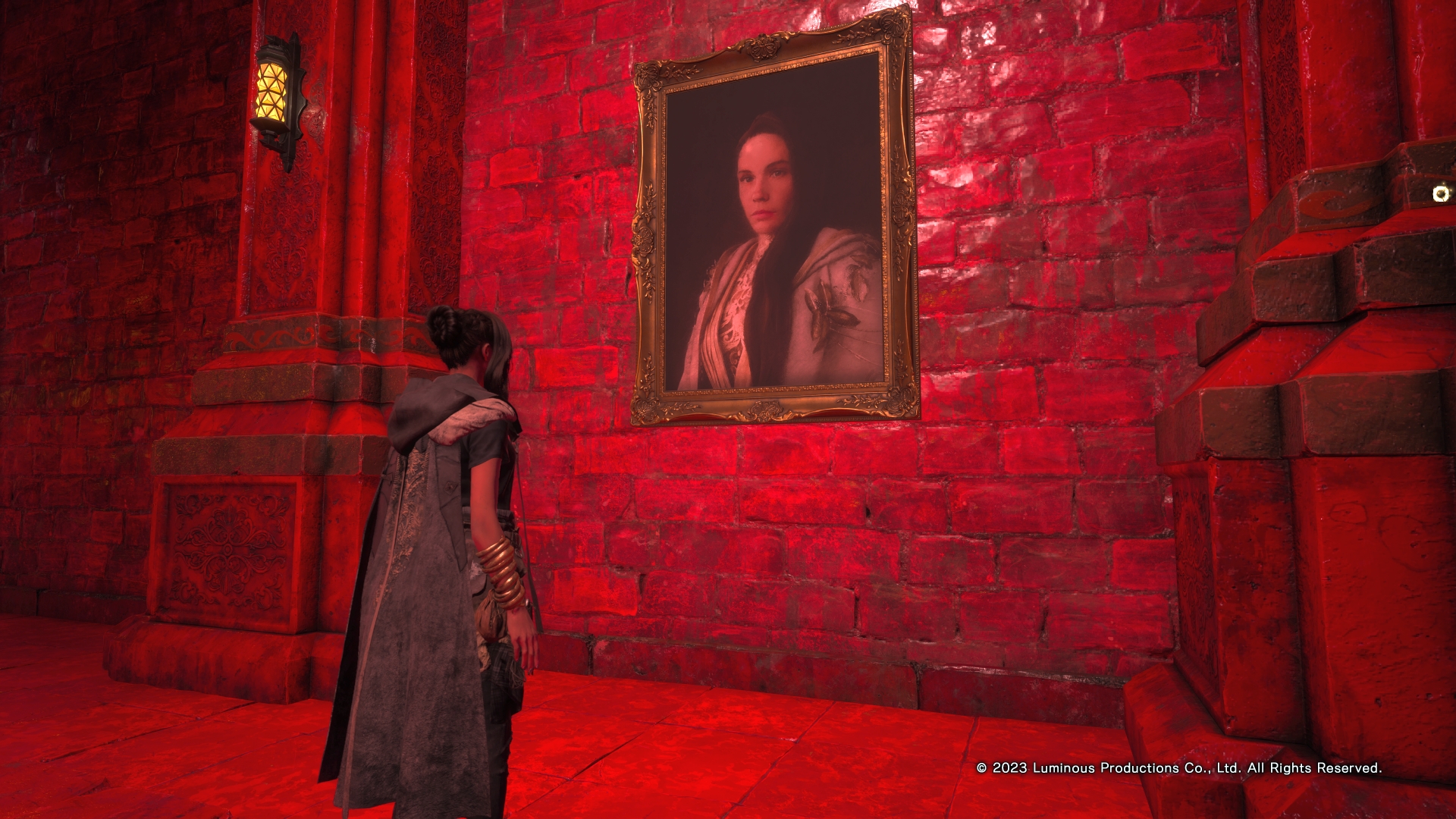
-
Forspoken PS5 Review #38

-
Forspoken PS5 Review #39
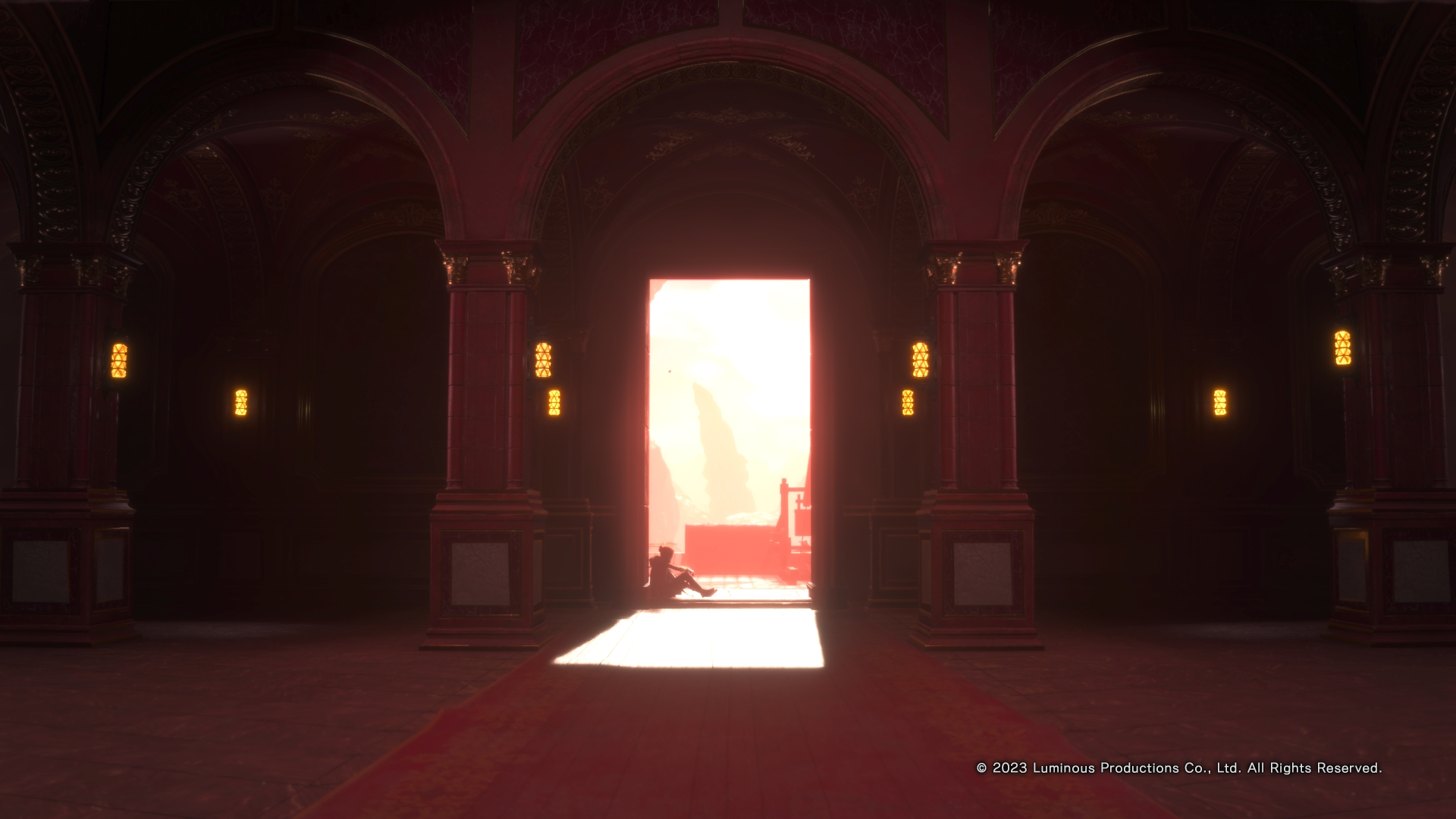
-
Forspoken PS5 Review #40
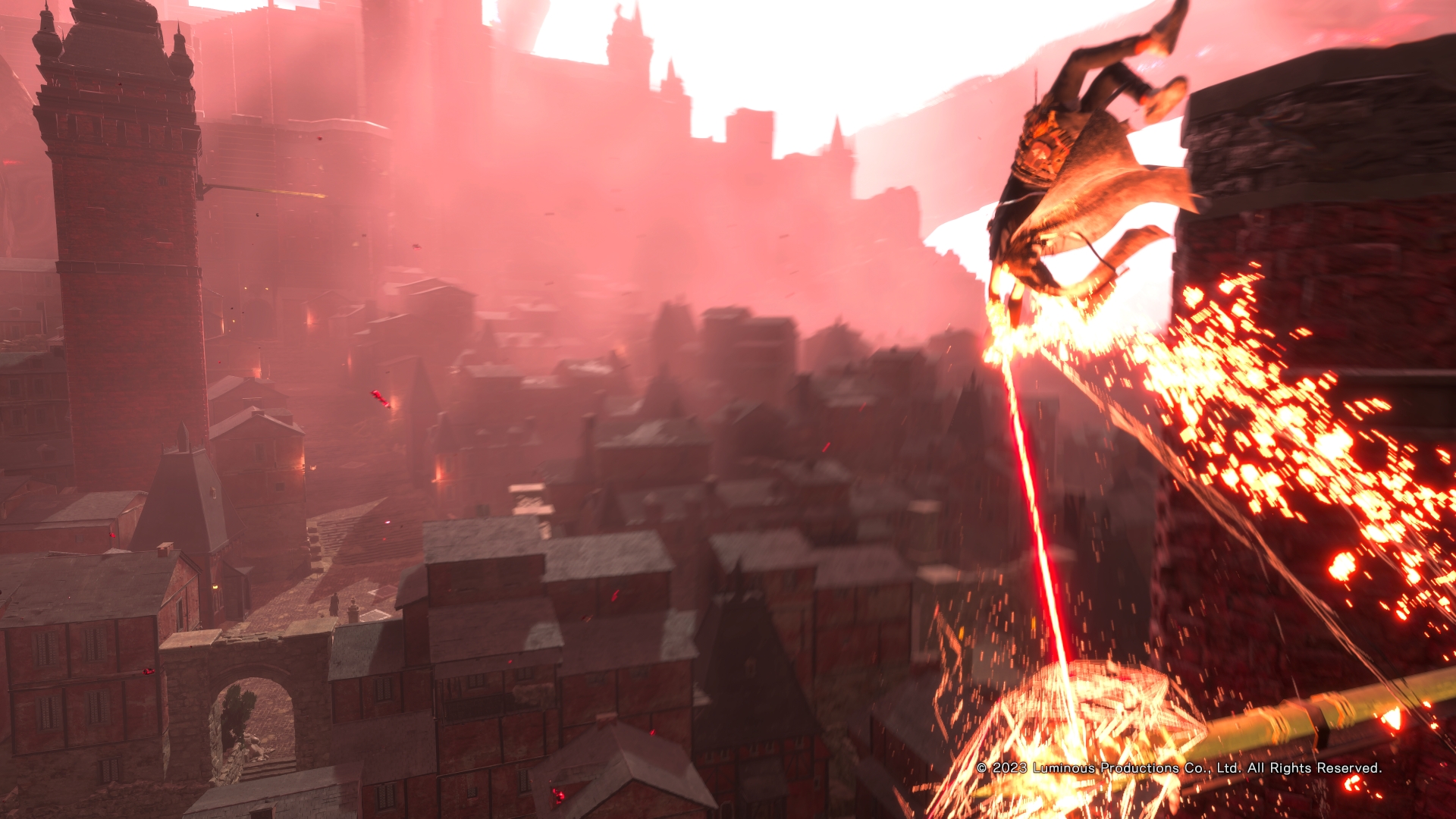
-
Forspoken PS5 Review #41
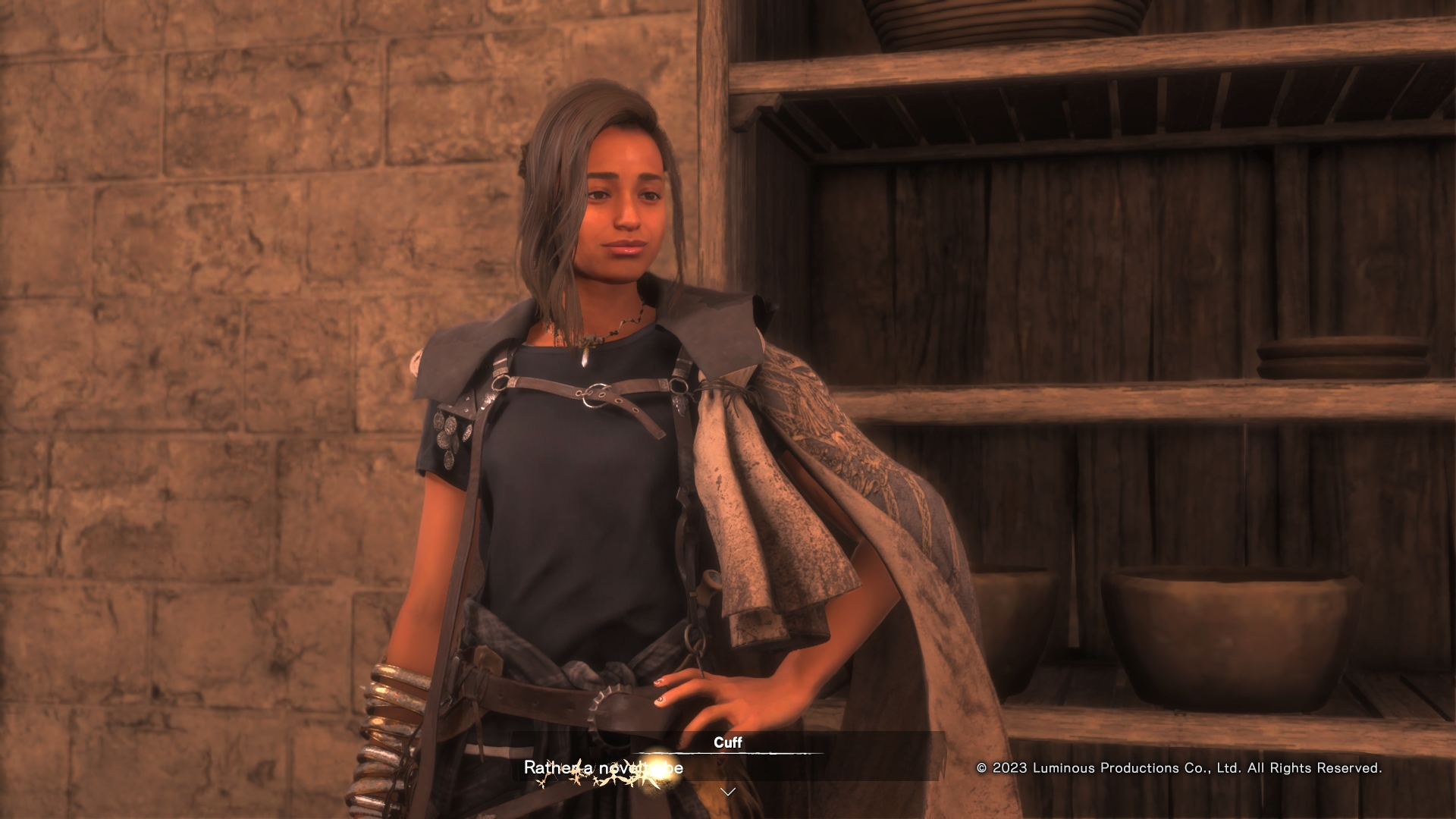
-
Forspoken PS5 Review #42
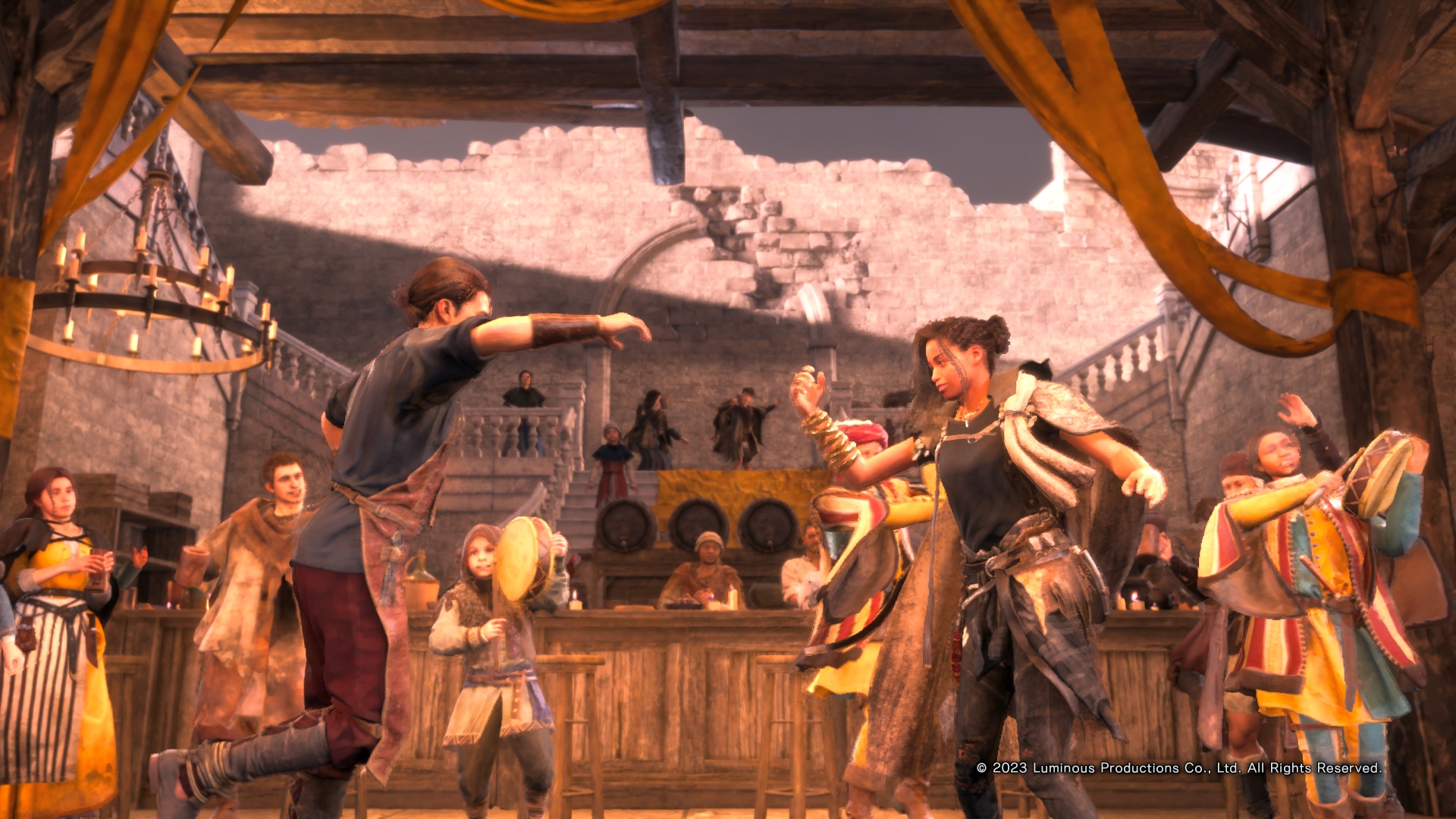
-
Forspoken PS5 Review #43
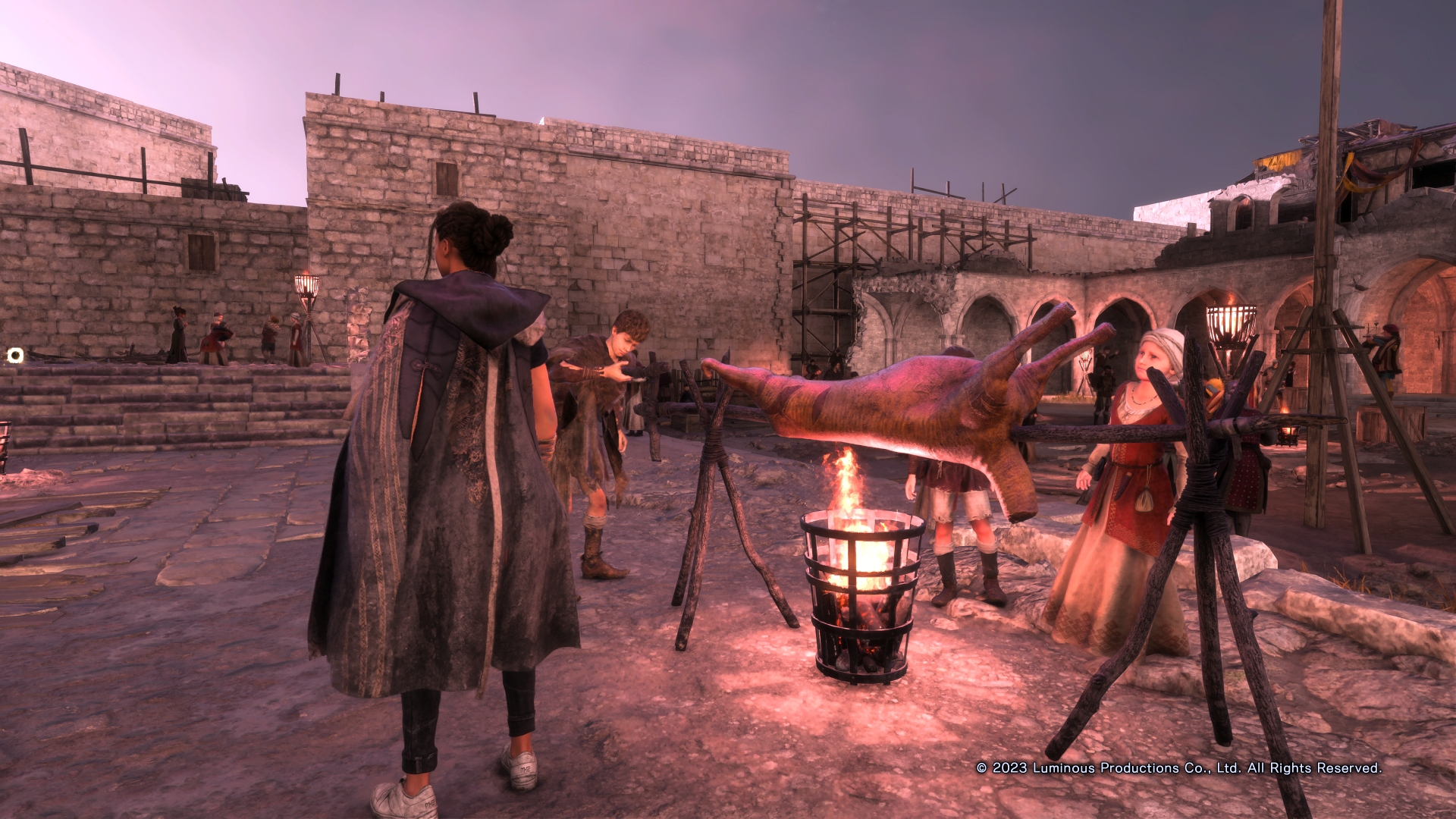
-
Forspoken PS5 Review #44
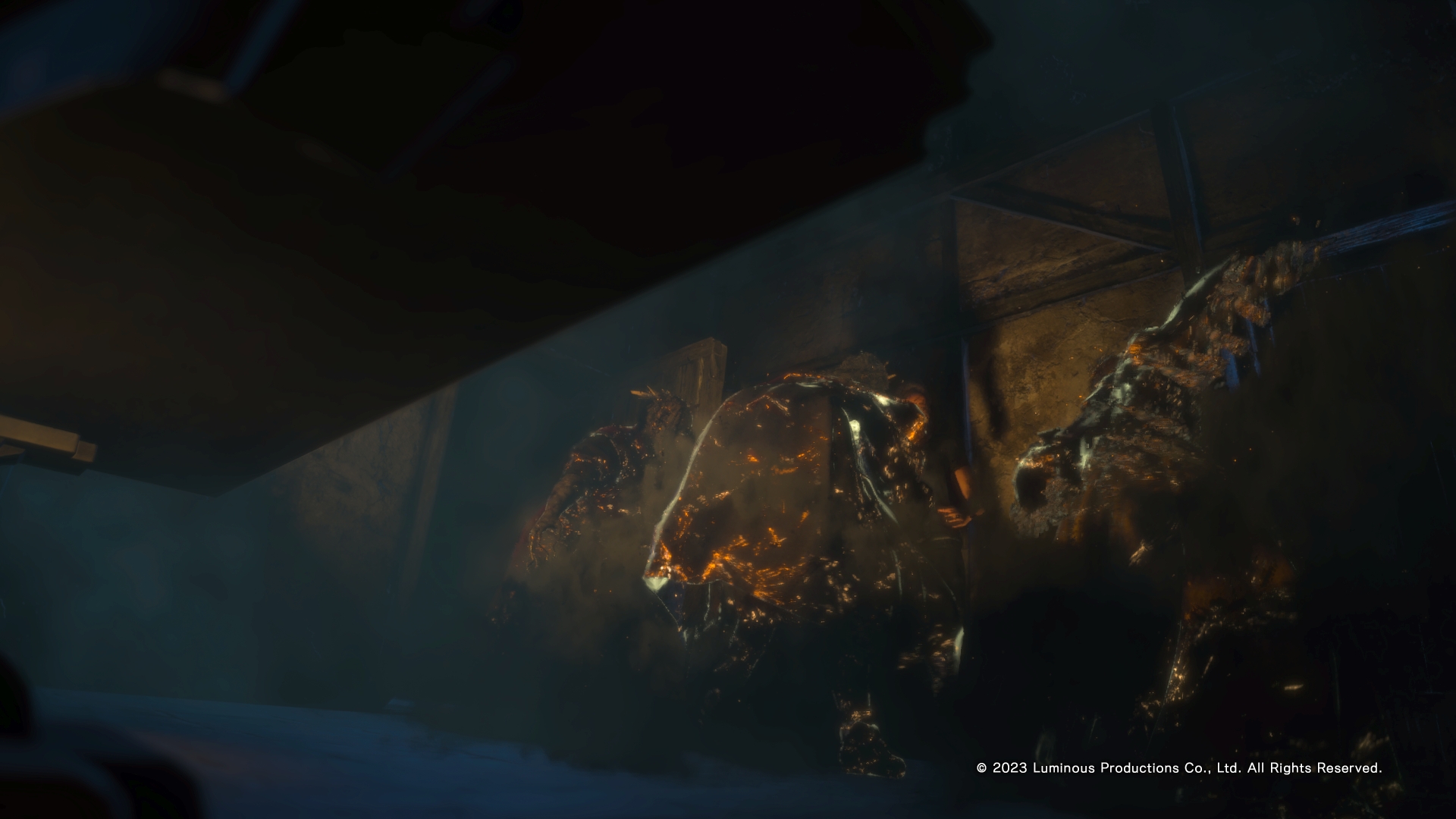
-
Forspoken PS5 Review #45
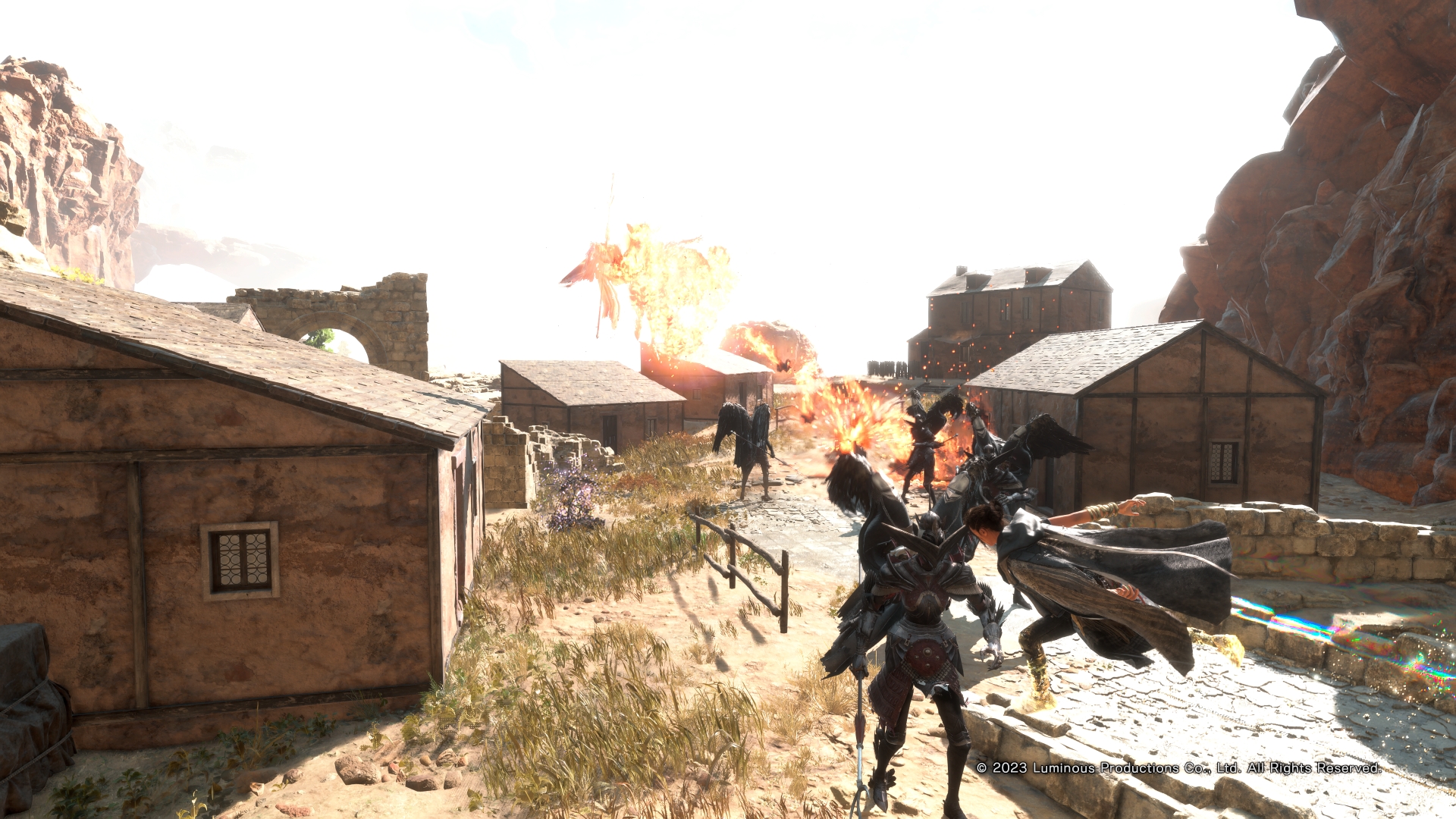
-
Forspoken PS5 Review #46
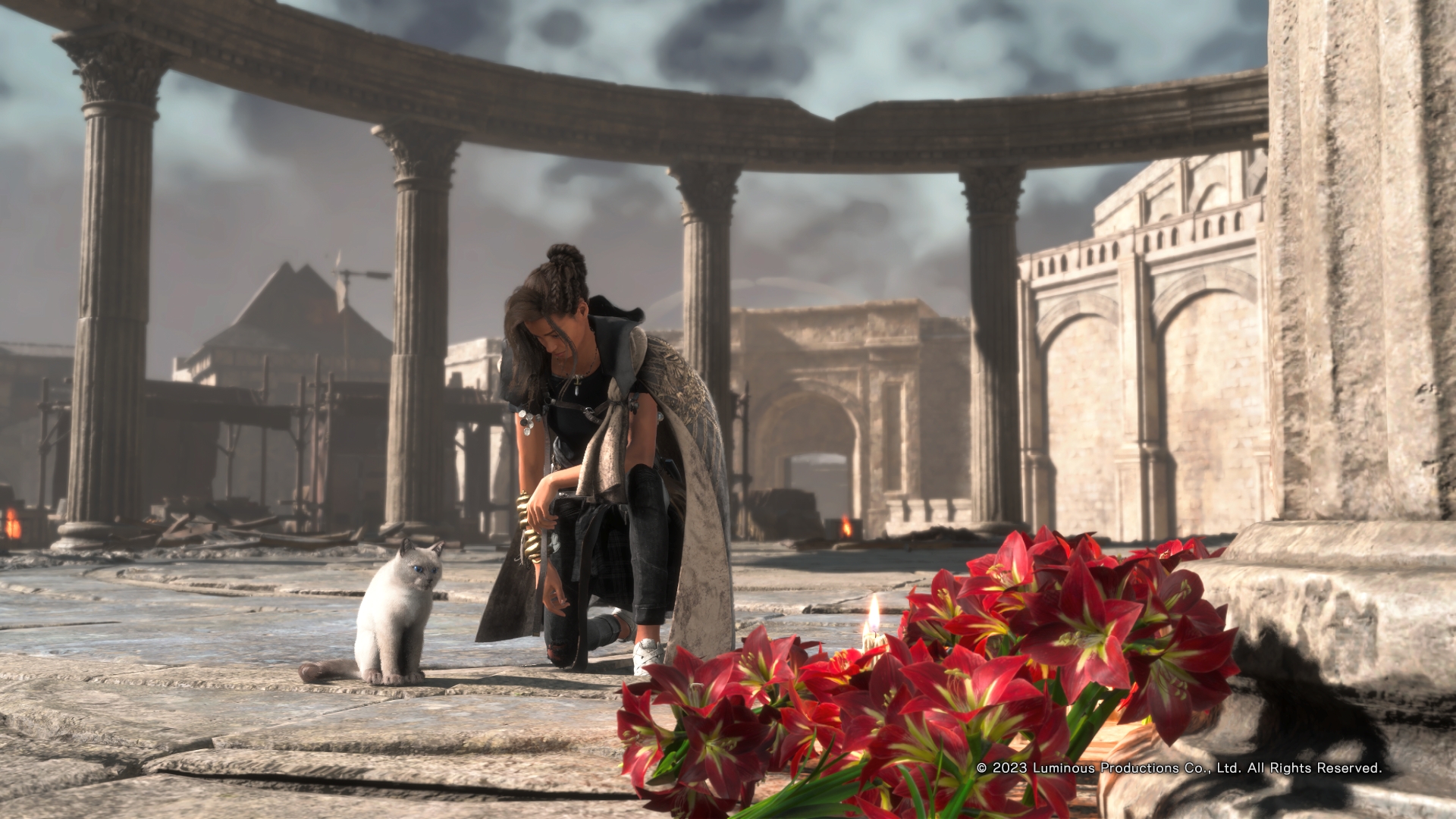
-
Forspoken PS5 Review #47

-
Forspoken PS5 Review #48

-
Forspoken PS5 Review #49
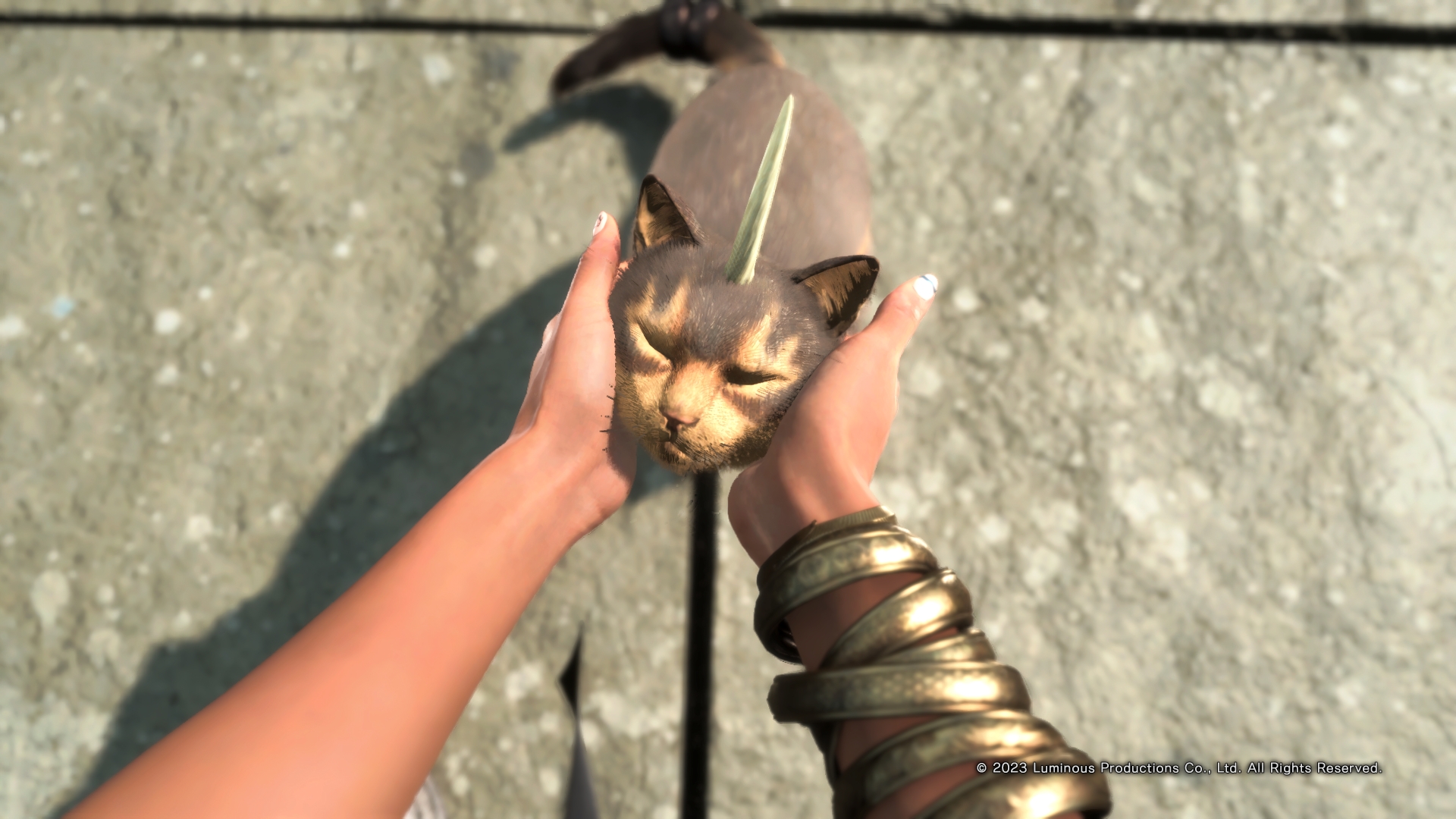
-
Forspoken PS5 Review #50
